Biology
Biology is the branch of science that deals with life and living organisms. The main objective of Biology is to understand the various processes taking place inside any living organism. It includes the formation of cells, composition of cells and formation of tissues. It also reflects on the changes occurring in human body. It depicts how the living and non living components interact with each other.
Here we will cover the various topics regarding Biology for Class 9. The concepts that are mastered in the lower classes help us to crack many entrance examinations like NEET, AIIMS, AIPMT, UPSC etc. At ABHYASONLINE.IN you can master the concepts at your own learning pace. It provides conceptual testing with analytical reports identifying the weak, moderate and strong concepts. We, at ABHYASONLINE.IN believe that, if the weak concepts are timely identified and improved, then every student can achieve their goals in life. Follow the links below to understand and master each and every concept of various topics in Biology along with video lectures.
Explore Chapters
The biological world consists of many diverse species. There are so many varieties that it is almost impossible to study all of them in a single life span. Organisms have been grouped together on the basis of their features. In this section of diversity of living organism Class Amphibia, Class Aves, Class Chondrichthyes, Class Cyclostomata, Class Mammalia, Class Osteichthyes, Class Reptilia, Phylum Chordata, Phylum Echinodermata, Phylum Hemichordata, Phylum Mollusca, Subphylum Cephalochordata Protochordata, Subphylum Urochordata Protochordata, Subphylum Vertebrata etc. have been explained. Watch the videos and master the concepts
In 19th Century man realized that his way of living and the environment around him affected his health and by controlling these factors he could prevent certain diseases In this section of Why Do We Fall Ill AIDS, Antibiotics, Cholera, Control of Vectors, Diarrhoea, General Prevention of Infectious Diseases, Hepatitis, Immunization, Influenza, Jaundice, Malaria, Prevention is better Than Cure, Prevention of Infectious Diseases, Proper Disposal of Waste, Rabies, Safe Drinking Water, Strong Immune System, Tuberculosis, Typhoid ,etc. have been explained. Watch the videos and master the concepts
A Cell is the structural and functional unit of life. Cell is a building block with which all living organism are made, Cell is the smallest unit of life. The various topics that you will find in the links below are cell, how cell was discovered , structure of cell, functions of cell. We have discussed about the type of organism i.e. unicellular and multicellular, cell wall, plasma membrane, cell organelles and many more interesting topics
Any difference between individual organism of any species caused by genetic difference or by environmental factors is called variation. In this section of Heredity and Evolution Accumulation of Variations, Determination of Sex, Dominant and Recessive Traits, Genetics, Heredity, Heritable Variations - Mutation and Generic Recombination, Inheritance of Blood Groups, Mechanism for Expression of Traits, Mechanism of Inheritance, Mendels Laws of the Inheritance of Traits, Types of Variation Germinal and Somatic, Variations etc., have been explained. Watch the videos and master the concepts
The traits of a species are passed from one generation to another. This is heredity. But there are some dissimilarities between two siblings and this known as variation. In this section of Heredity and Evolution Acquired and Inherited Traits, Charles Robert Darwin, Evolution, Evolution and Classification, Evolution is a gradual Process, Evolution is not Necessarily Progressive, Fossils, Frequency of Genes in a population, Human Migration, Molecular Phylogeny, Origin of Life on the Earth, Sources of Generic Variation, Speciation, Tracing Evolutionary Relationships, Variations in a Population, etc., have been explained. Watch the videos and master the concepts
To carry out various process organism require Food and oxygen Moreover organisms have to get rid of waste. This done with the help of Transportation System. In this section of Life Process Transportation Arteries and Veins, Blood Connective Tissue, Blood Platelets, Blood Pressure, Blood Vessels, Cardiac Cycle, Difference Between Xylem and Phloem, Heart Pumping Organ, Importance of Different Chambers in Heart, Lymph, Phloem Vascular Tissue, Plasma, Translocation in Plants, Transpiration in Plants, Transportation in Animals, Transportation in Plants, Transportation Meaning, Xylem Vascular Tissue, etc., have been explained. Watch the videos and master the concepts
Nutrition provides nutrients to the body so that energy can be formed which can be used to carry out various activities. Nutrition helps in synthesizing a variety of substances such as proteins carbohydrates etc., In this section of Life Process Nutrition Alimentary Canal, Autotrophic Nutrition, Cross Section of a Leaf, Digestive Glands, Photosynthesis, Heterotrophic Nutrition, Holozoic Nutrition, Human Digestive System, Large Intestine, Liver, Mechanism of Food Digestion, Nutrition in Amoeba, Nutrition in Paramoecium, Oesophagus, Pancreas, Parasites, Peristatic Movement, Pharynx, etc., have been explained. Watch the videos and master the concepts
All the activities are coordinated and well organized in Living organism. The working together of various systems in the body is called Coordination. In this section of Control and Coordination Abscisic Acid, Auxins, Chemotropism Movement, Cytokinins, Geotropism Movement, Gibberellins, Hydrotropism Movement, Immediate Response to Stimulus in Plants, Movement due to Growth in Plants, Nastic Movements, Phototropism Movement, Plant Hormones, Response in Plants or Turgor Movements, Stomatal Movements, Thigmotropism Movement, Tropic Movements , etc. have been explained. Watch the videos and master the concepts
To carry out various process organism require Food and oxygen Moreover organisms have to get rid of waste. This done with the help of Transportation System. In this section of Life Process Transportation Arteries and Veins, Blood Connective Tissue, Blood Platelets, Blood Pressure, Blood Vessels, Cardiac Cycle, Difference Between Xylem and Phloem, Heart Pumping Organ, Importance of Different Chambers in Heart, Lymph, Phloem Vascular Tissue, Plasma, Translocation in Plants, Transpiration in Plants, Transportation in Animals, Transportation in Plants, Transportation Meaning, Xylem Vascular Tissue, etc., have been explained. Watch the videos and master the concepts
In biology, the removal of metabolic waste products from the body of an organism is known as excretion. The major excretory products are Carbon dioxide, excess water, and nitrogenous compounds like ammonia, urea, uric acid, etc. In this section of Life Process Excretion in Animals, Excretion in Plants, Excretion Meaning, Excretion through Skin Liver and Lungs, Hemodialysis and Dialysis, Human Excretory System, Process of Excretion in Nephron, Structure of Kidney, Structure of Nephron etc. have been explained. Watch the videos and master the concepts
All the activities are coordinated and well organized in Living organism. The working together of various systems in the body is called Coordination. In this section of Control and Coordination Adrenal Gland Emergency Hormone, Autonomic Nervous System, Brain Central Nervous System, Control of Hormone Secretion, Hormones Coordination in Animals, Human Endocrine Glands, Human Nervous System, Pineal Gland, Pituitary Gland, Receptor Cells, Reflex Action, Sensitivity in Organisms, SpinaI Cord Central Nervous System, Testis In Males, Thymus Gland, Thyroid Gland, , etc. have been explained. Watch the videos and master the concepts
Reproduction is an attribute of a living organism through which it is able to produce more of its kind. In this section of Reproduction Changes After Fertilization, Changes in Human Body, Contraception, Family Planning, Female Reproductive System, Fertilization, Human Reproductive System, Male Reproductive System, Parts of Flower, Pollination, Reproductive Health, Sexual Reproduction, Sexual Reproduction in Flowering Plants, Sexually Transmitted Diseases, etc. have been explained. Watch the videos and master the concepts
Explore Concepts (Click & View)
- Transpiration in Plants
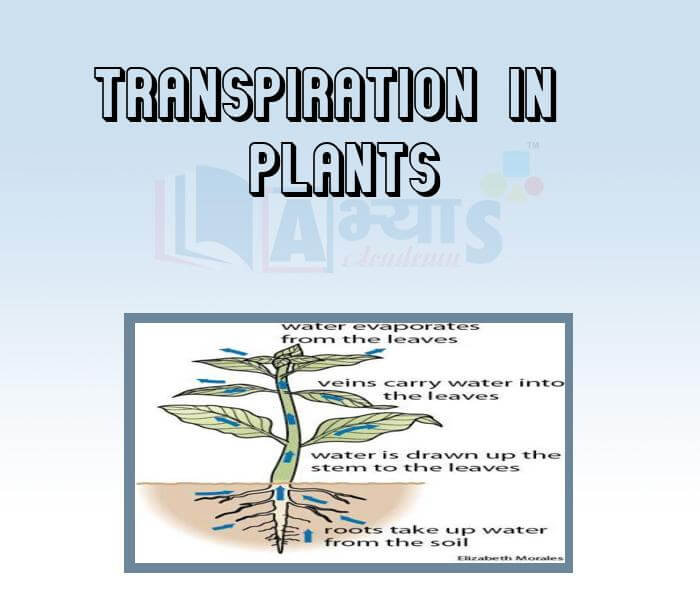
- Adaptation to Reduce Transpiration
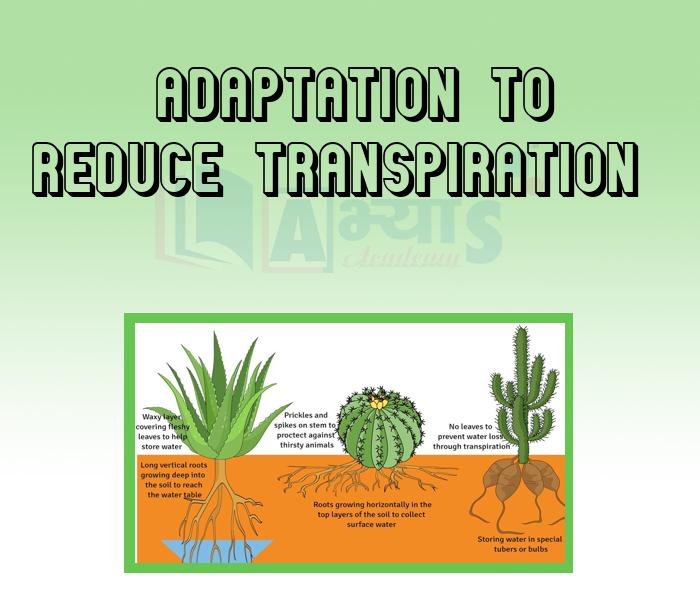
- Ganongs Potometer
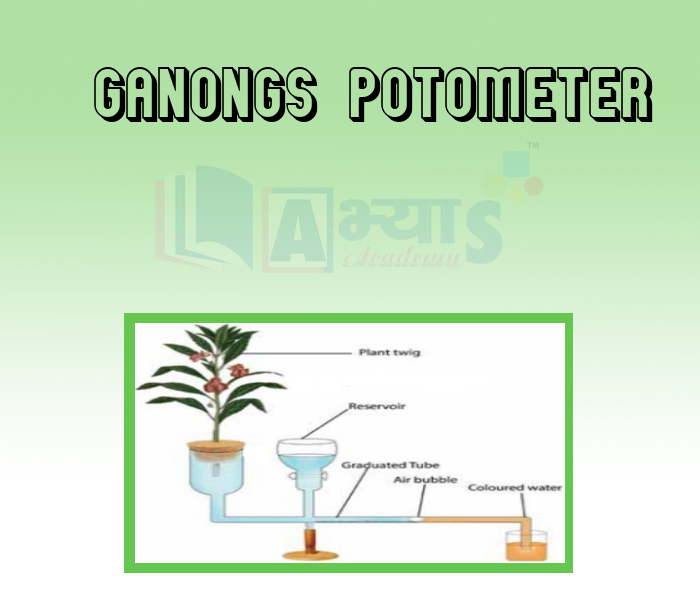
- Guttation And Bleeding
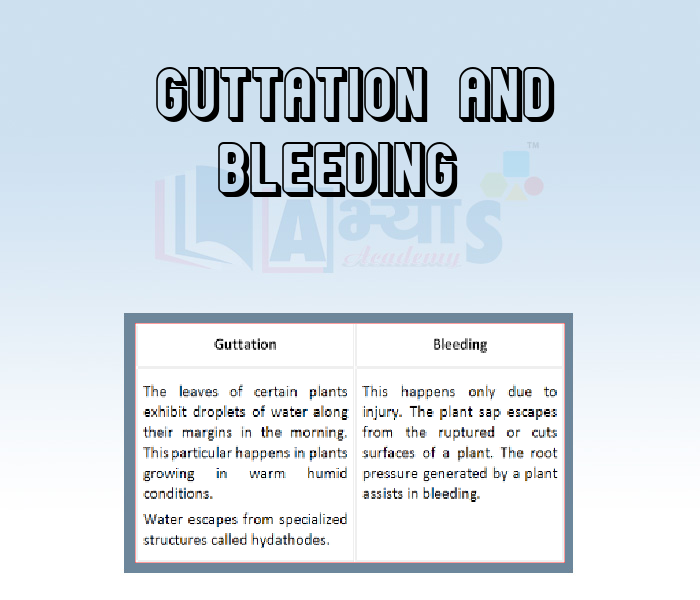
- Experiments Related to Transpiration
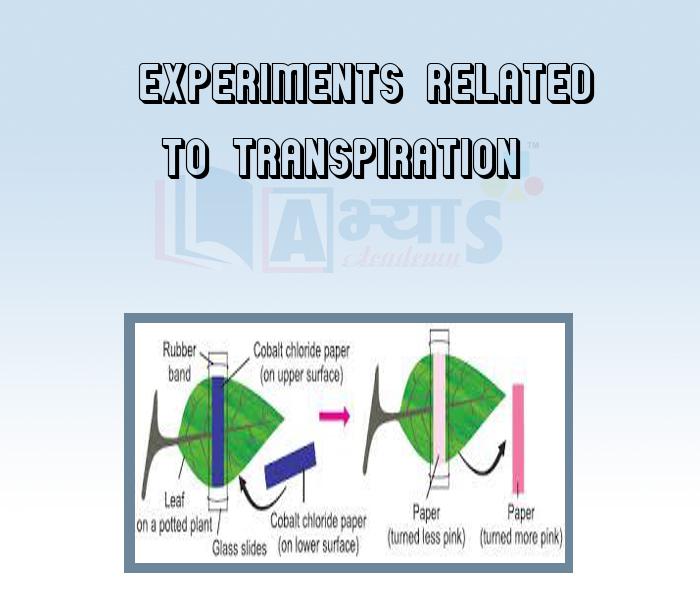
Explore Concepts (Click & View)
- Population Growth and Process of Population Change
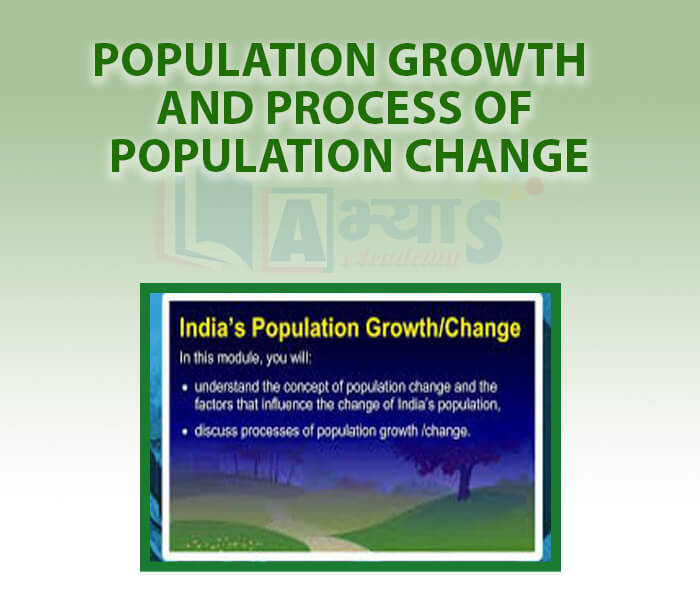
- Population Growth Rate Since Independence In India
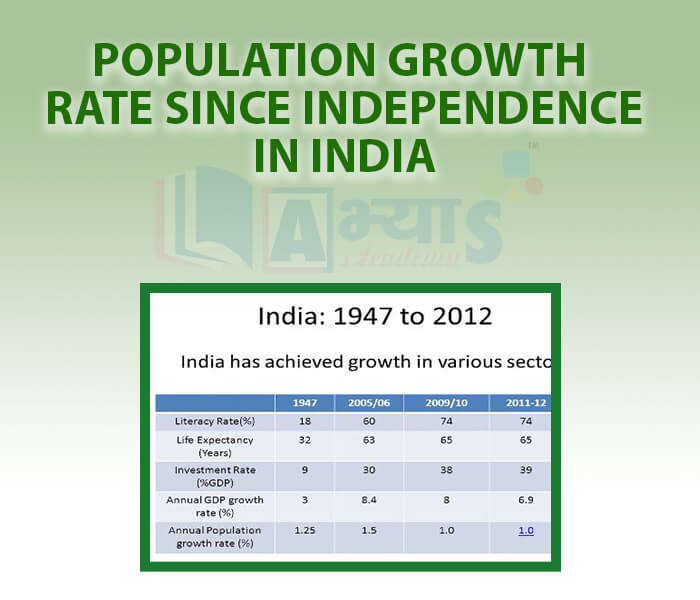
- Population Size and Distribution in India
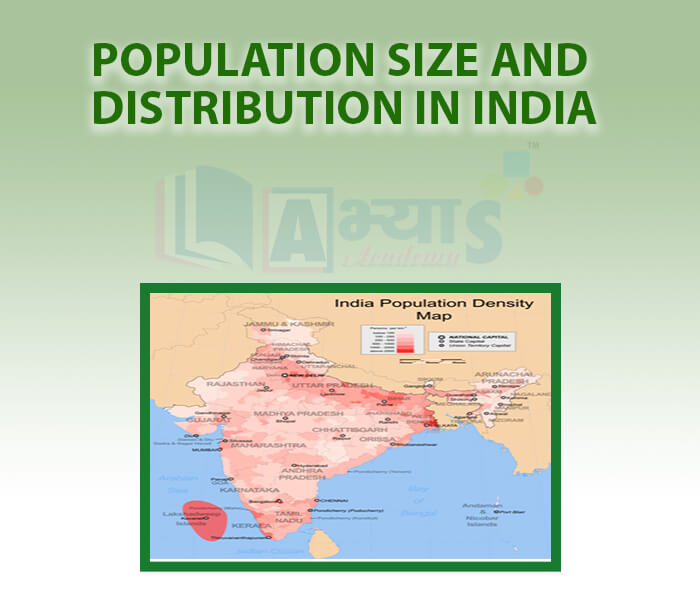
- Processes of Population Growth
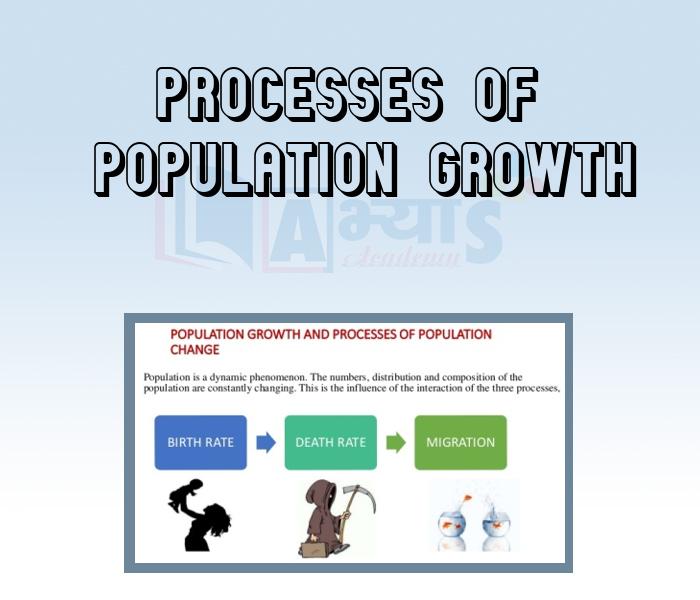
- Contraception
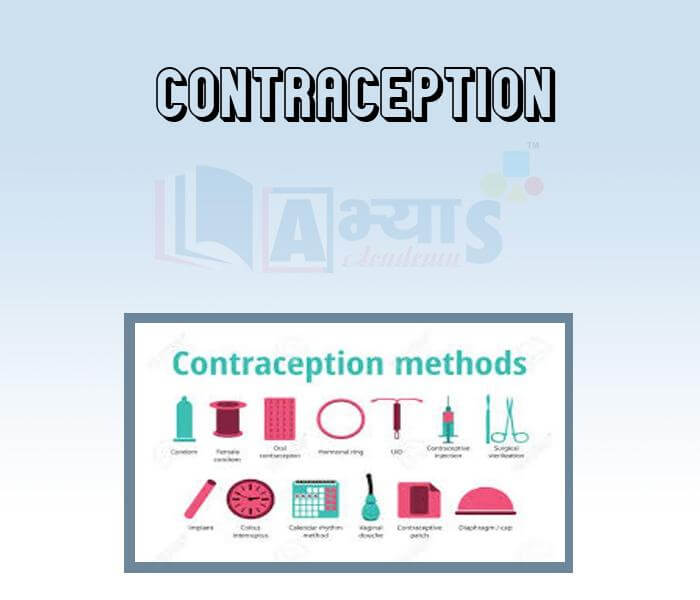
Explore Concepts (Click & View)
- Human Endocrine Glands
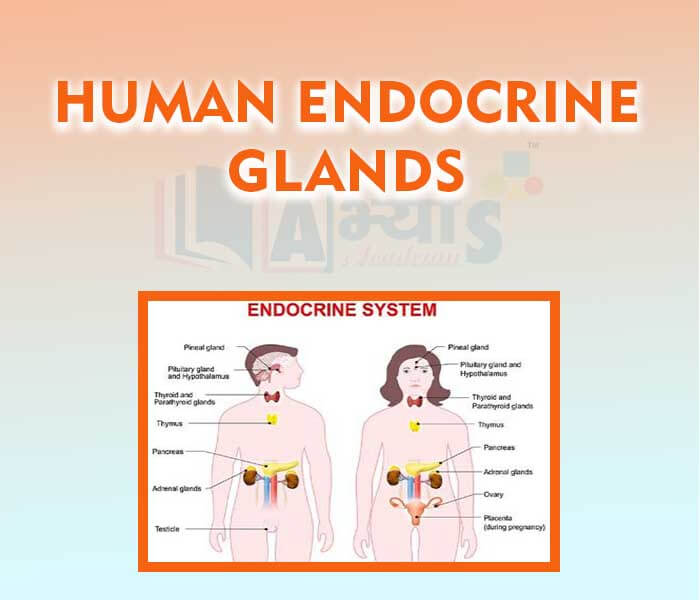
- Pituitary Gland
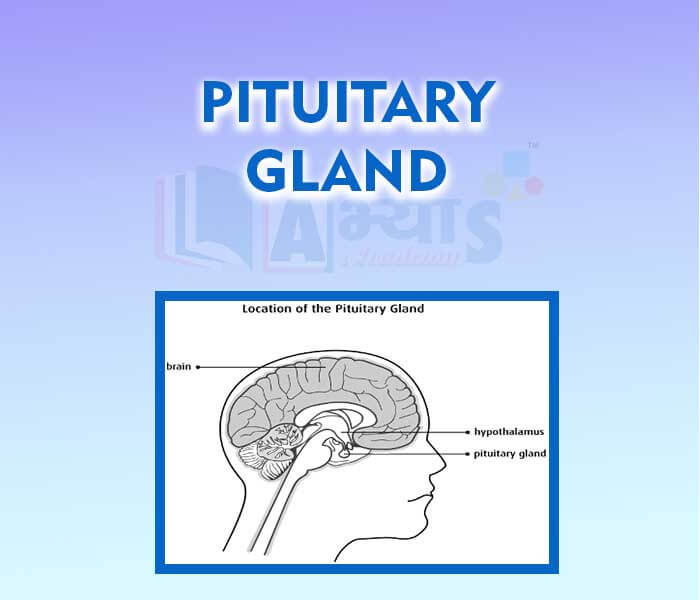
- Thyroid Gland
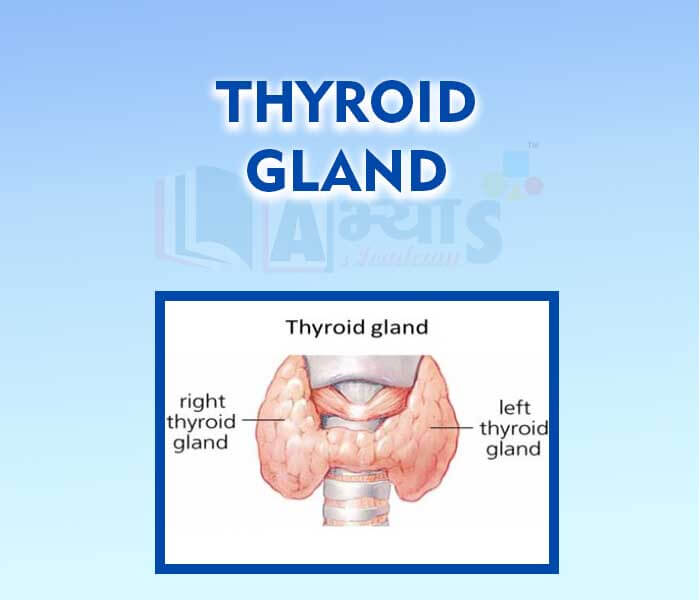
- Pancreas or Islets of Langerhans Cells
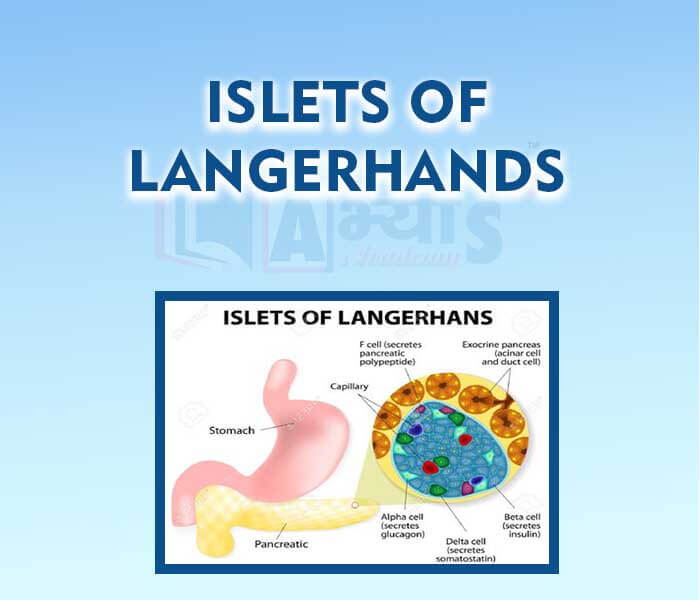
- Adrenal Gland Emergency Hormone
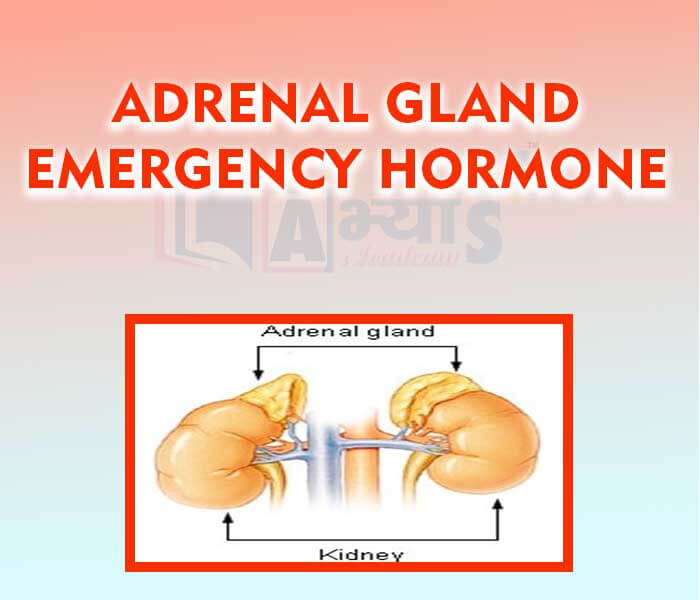
- Control of Hormone Secretion -
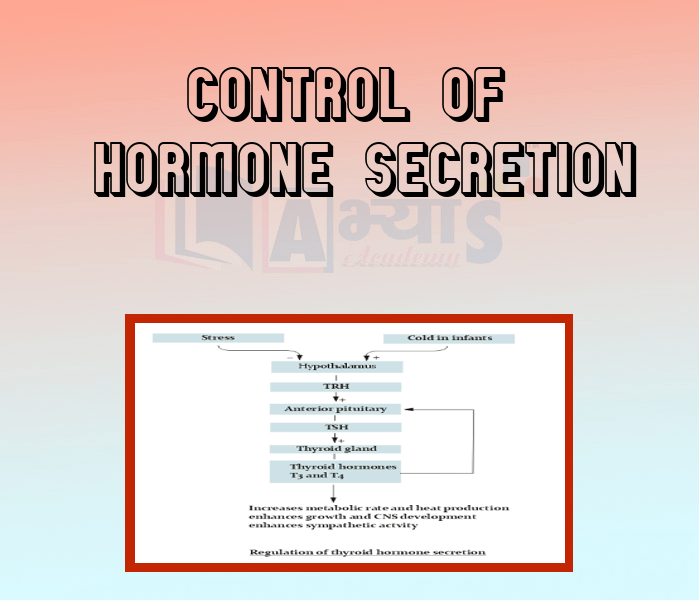
Explore Concepts (Click & View)
- Cell
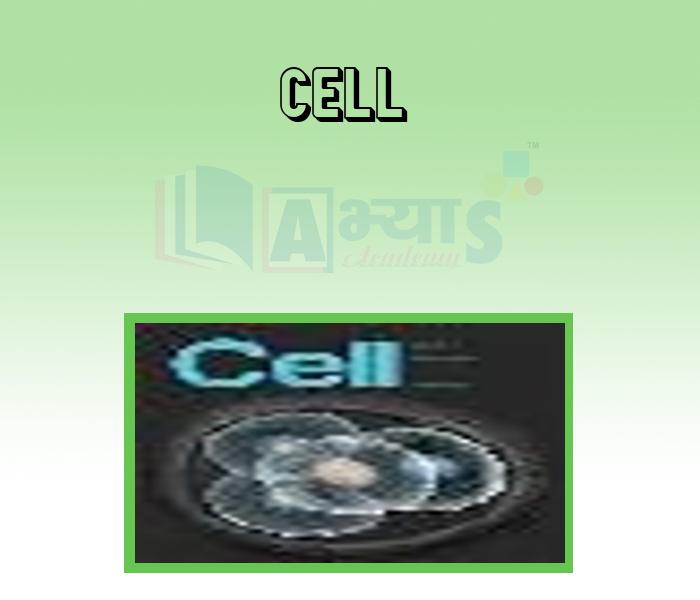
- Cell Structure
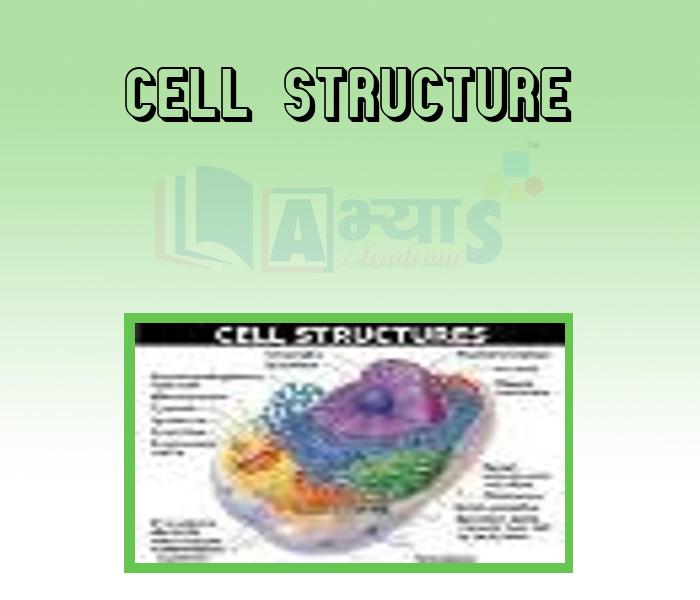
- Function of Nucleus
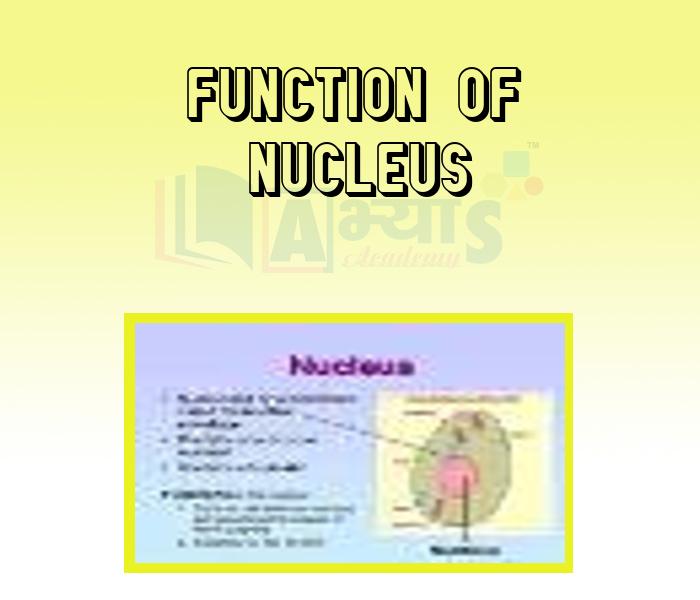
- Cell Division
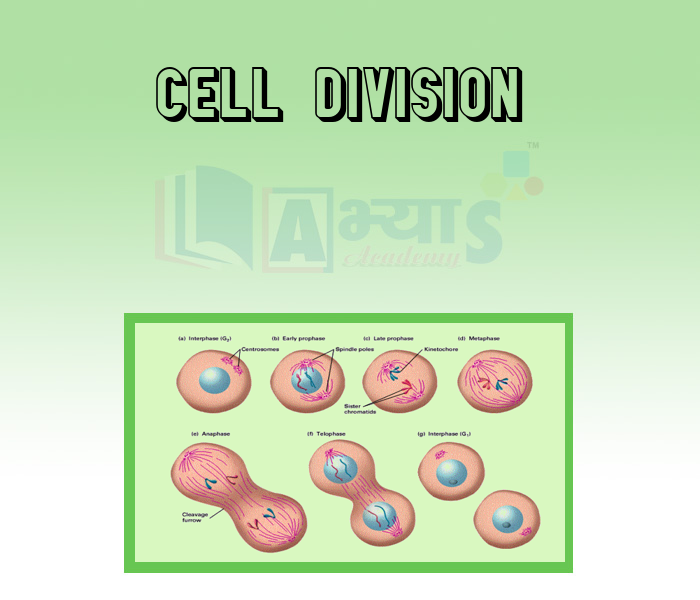
- Cell Cycle
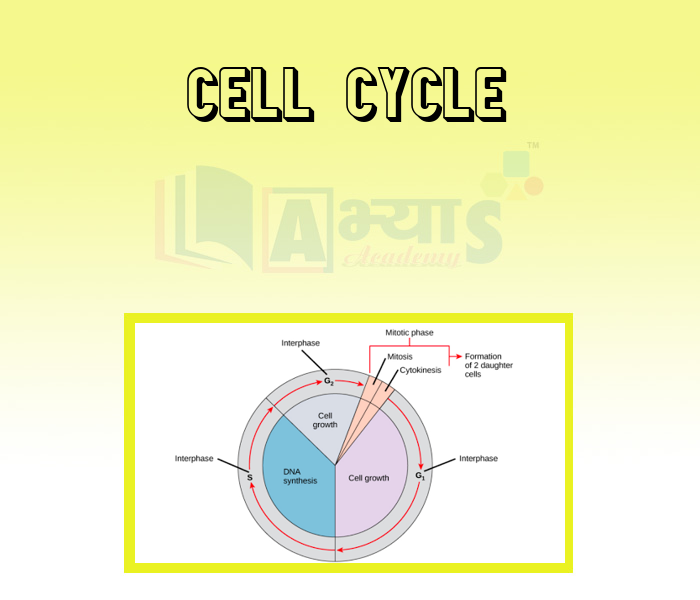
- Homologous Chromosomes
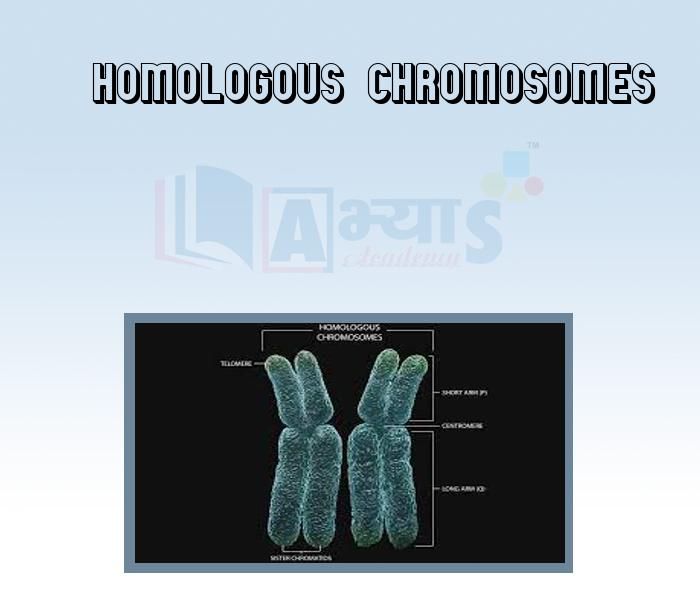
- Structure of Chromosomes
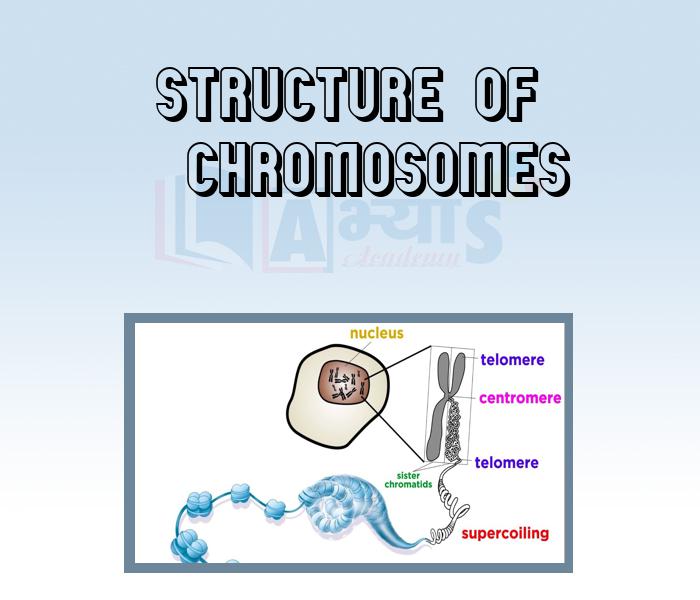
Explore Concepts (Click & View)
- Genetics
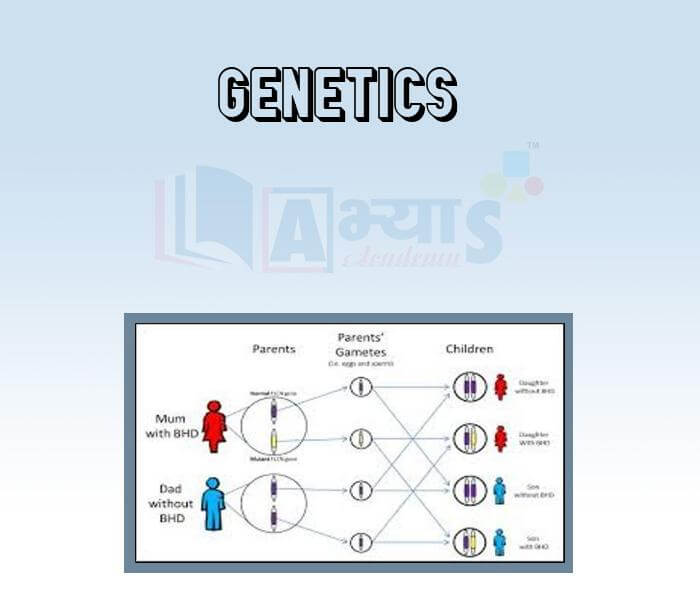
- Heredity -
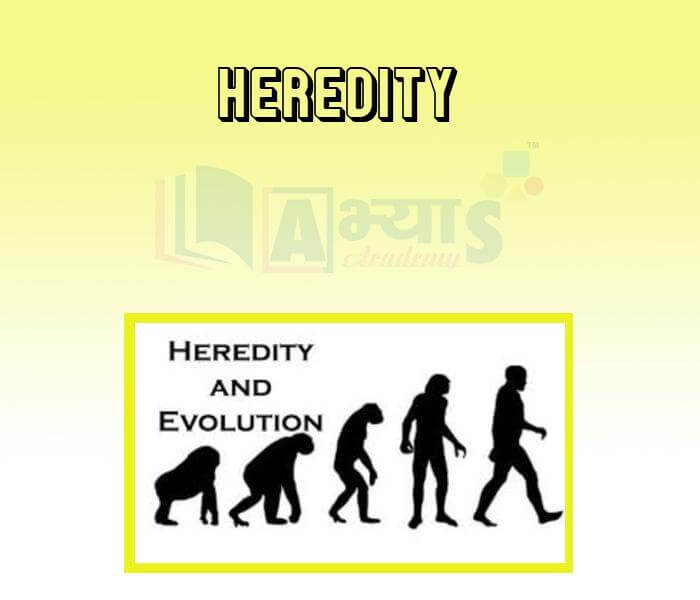
- Variations -
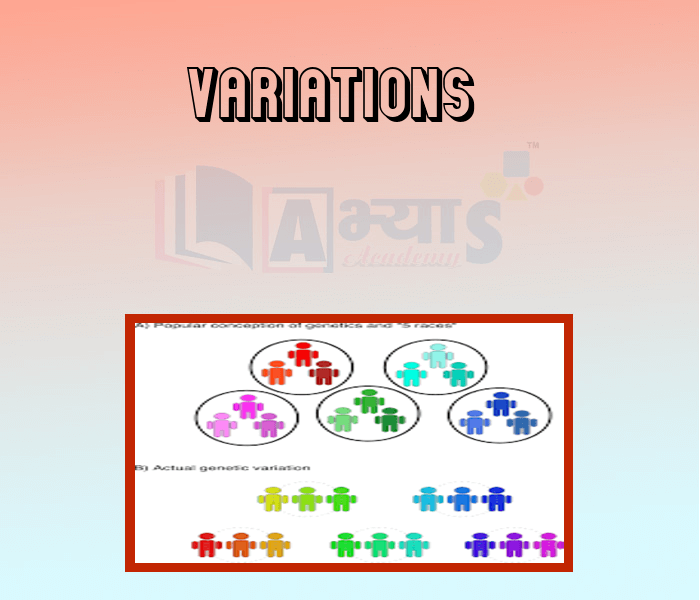
- Types of Variation Germinal and Somatic
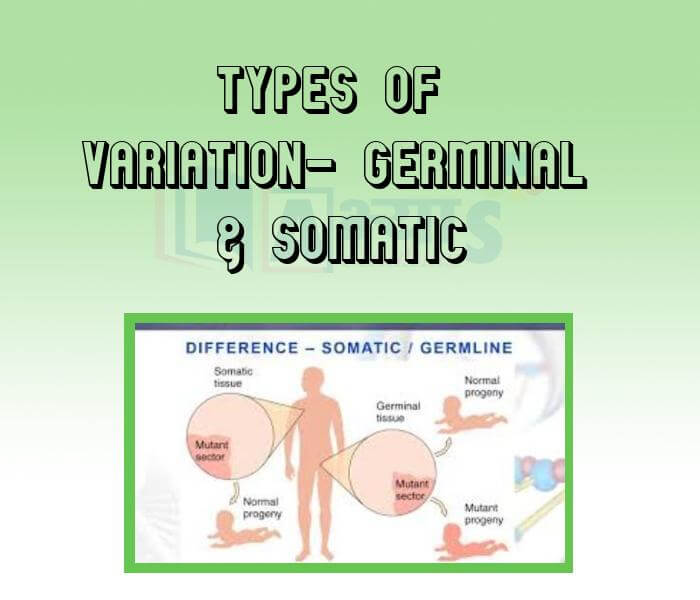
- Heritable Variations - Mutation and Generic Recombination
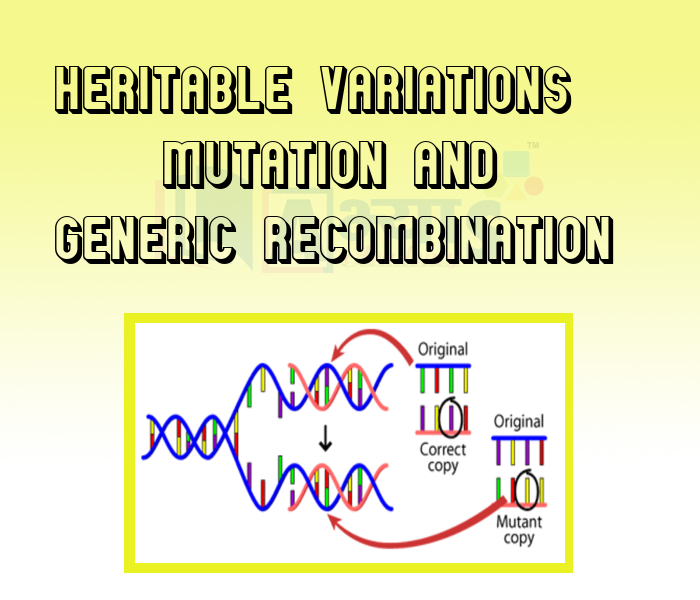
- Mendels Laws of the Inheritance of Traits -
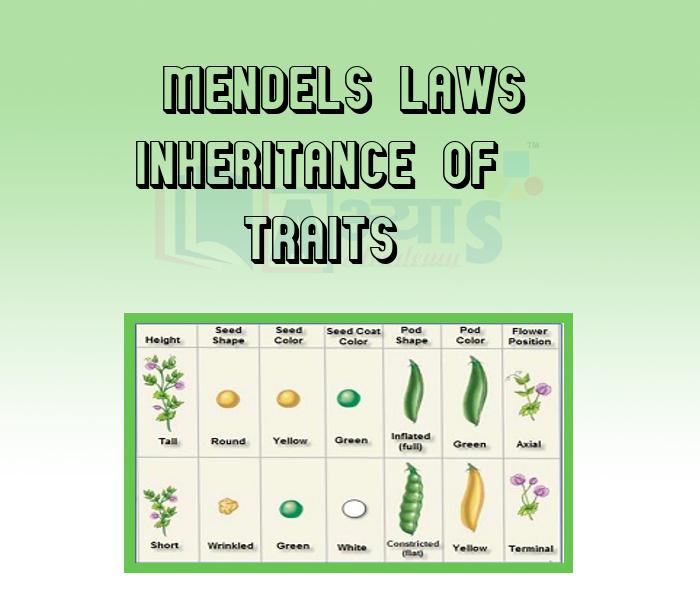
- Dominant and Recessive Traits -
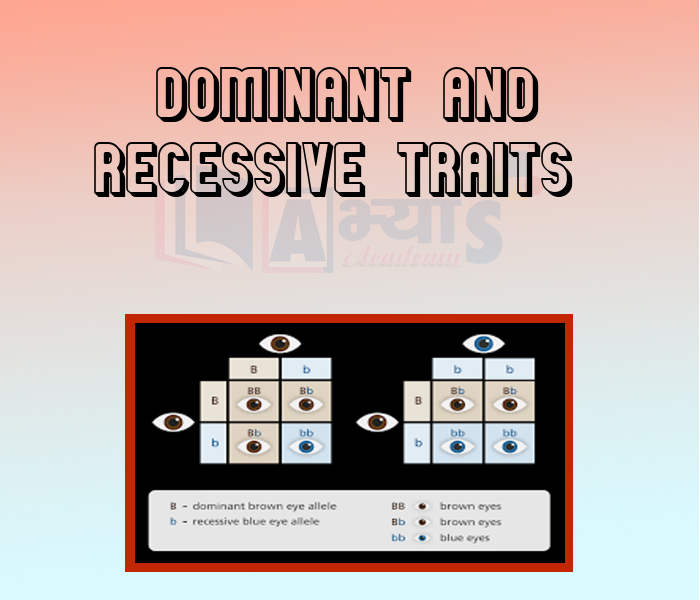
- Mechanism of Inheritance -
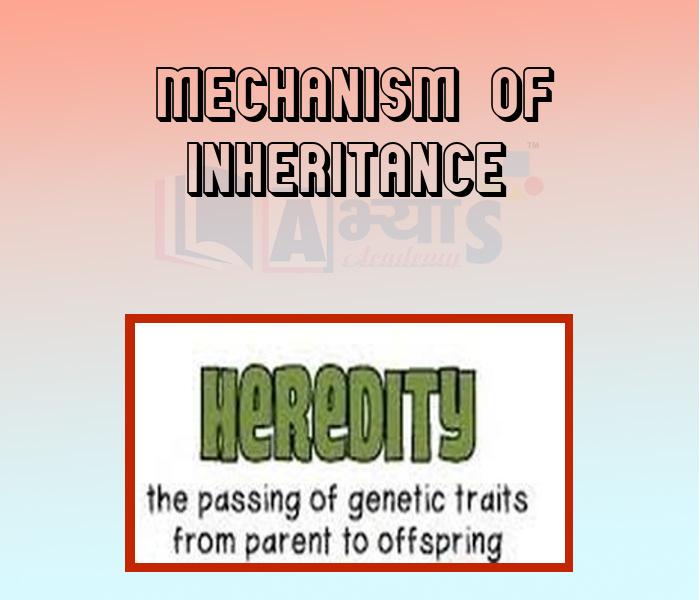
- Mechanism for Expression of Traits
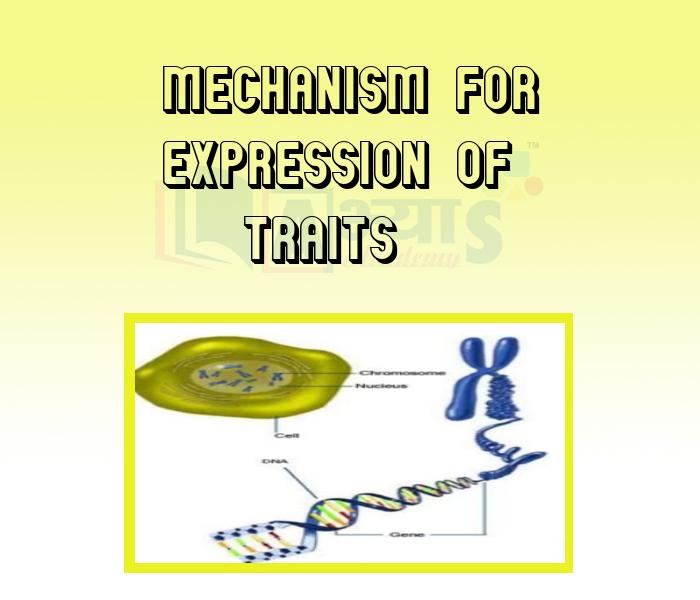
- Acquired and Inherited Traits -

- Determination of Sex
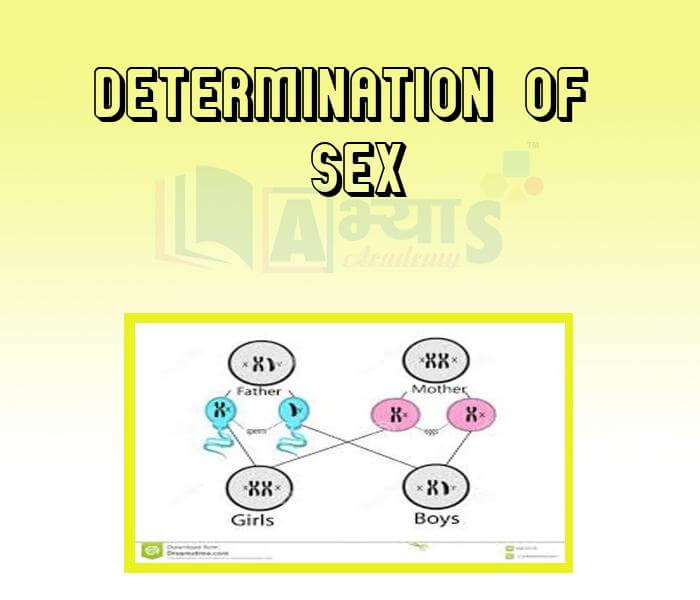
- Inheritance of Blood Groups -
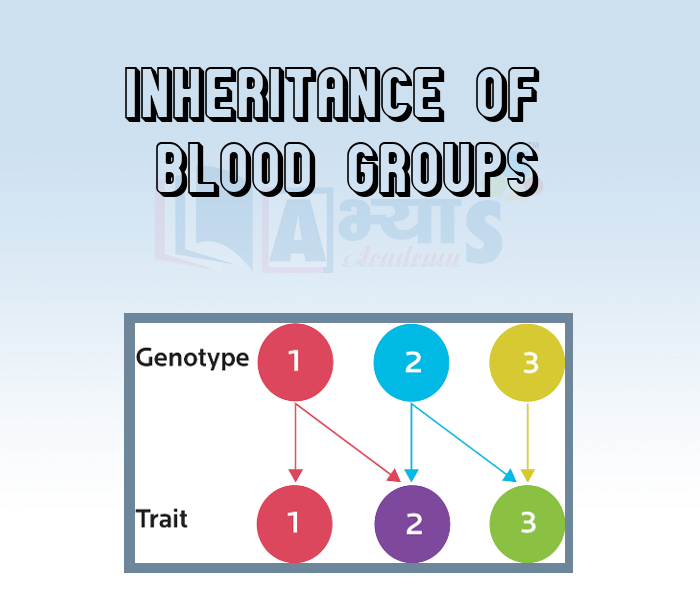
- Sex Linked Diseases
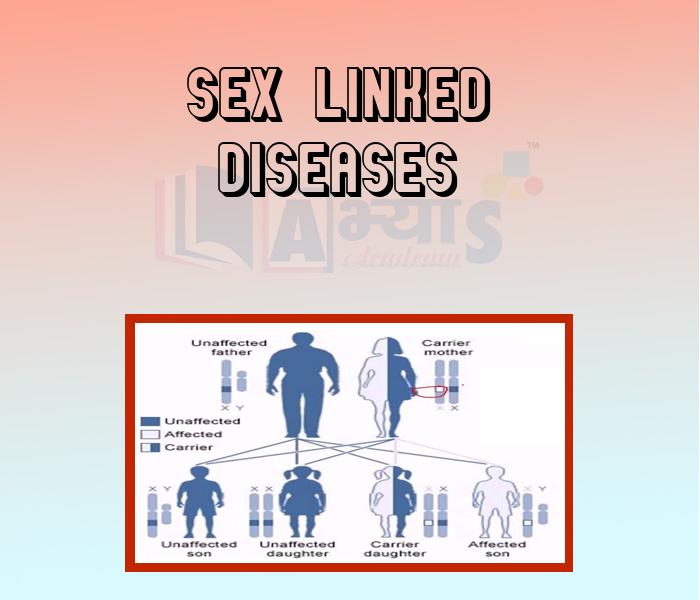
Explore Concepts (Click & View)
- Darwins Theory of Evolution
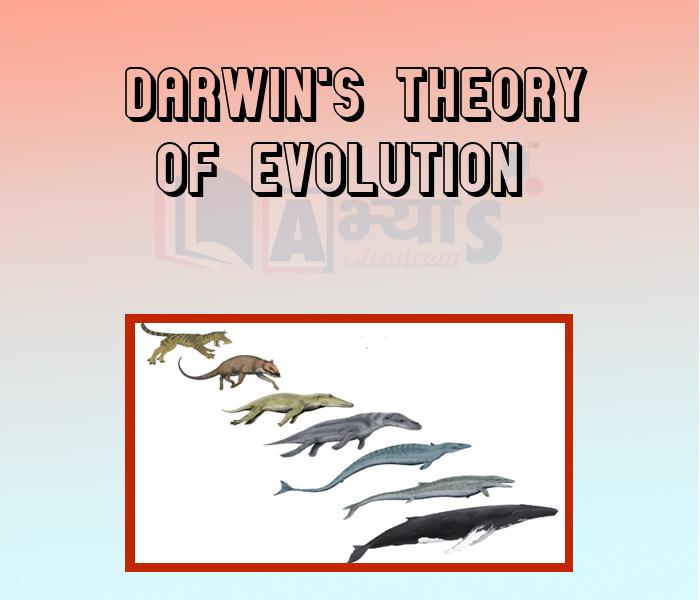
- Human Ancestors
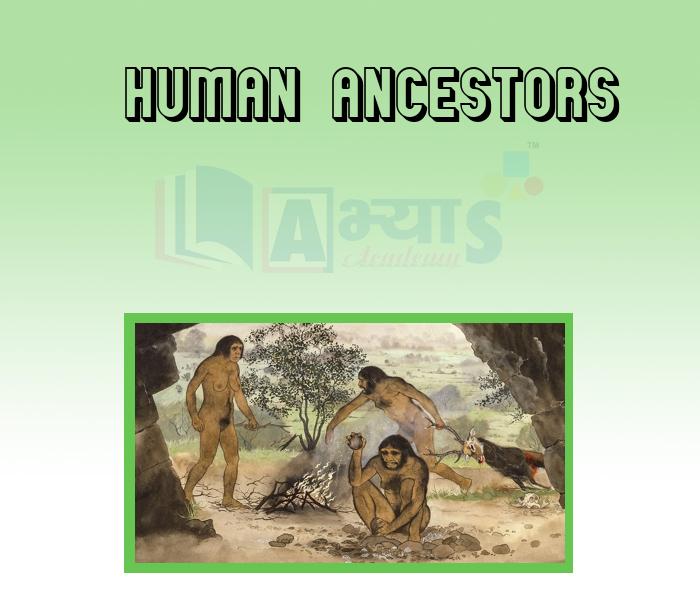
- Human Evolution
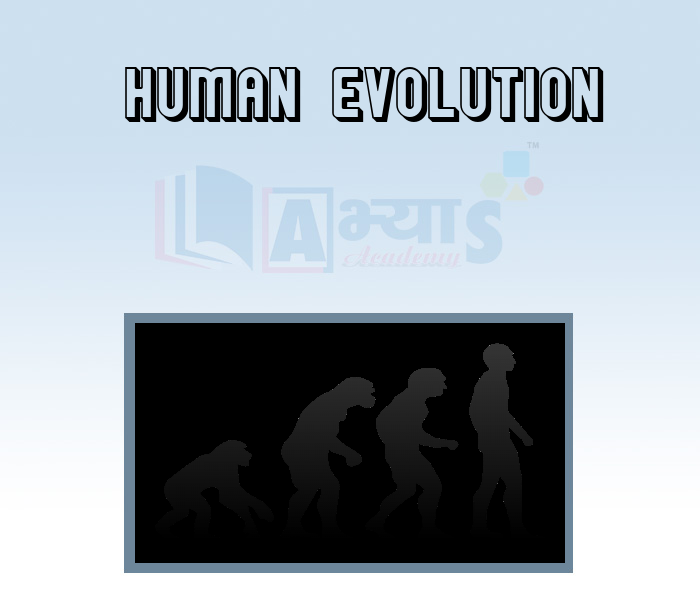
- Lamarcks Theory of Evolution
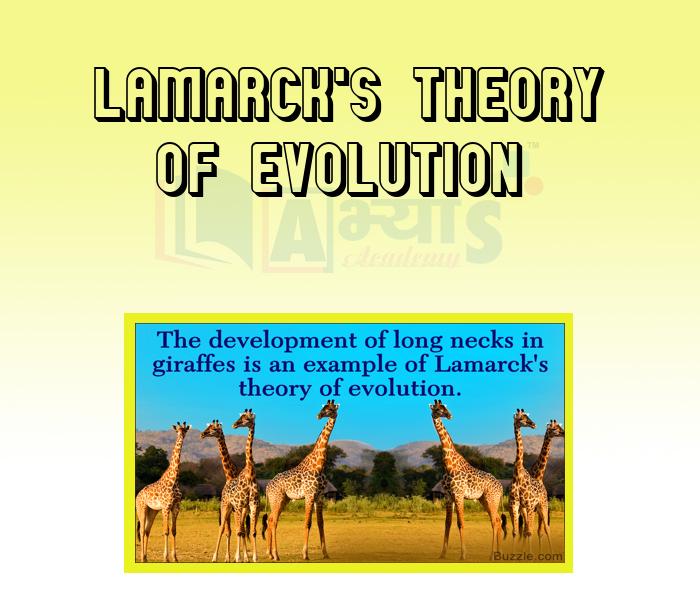
Explore Concepts (Click & View)
- Diffusion
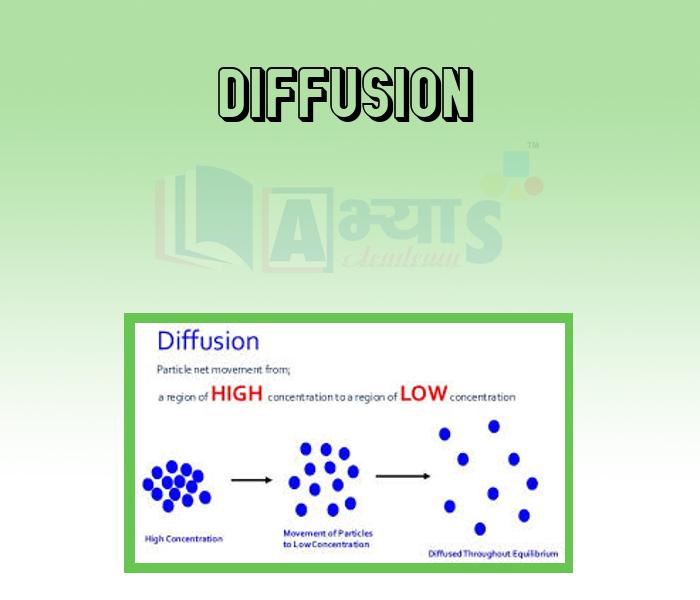
- Osmosis
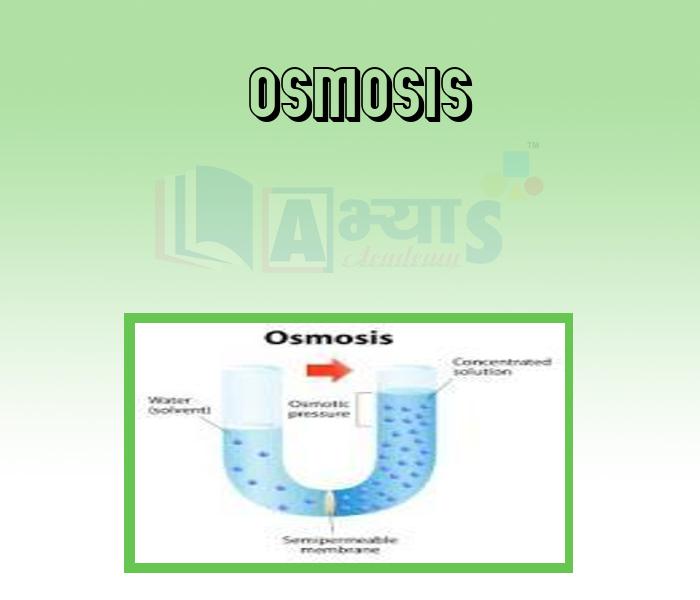
- Imbibition
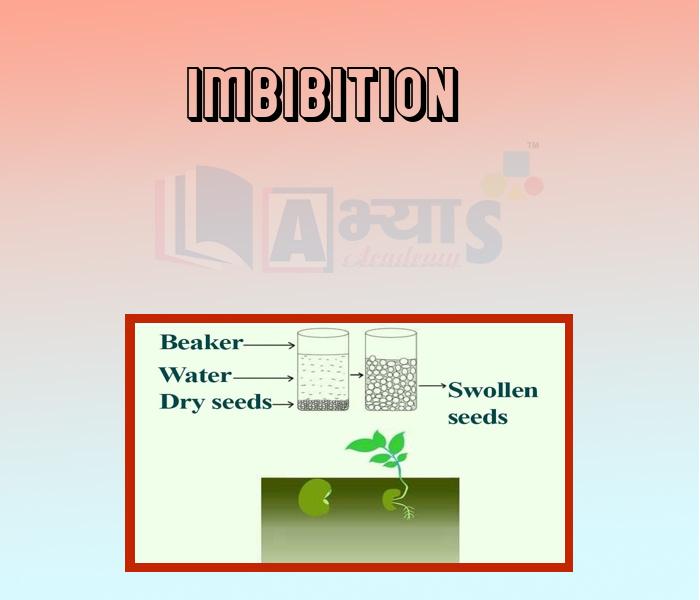
- Plasmolysis
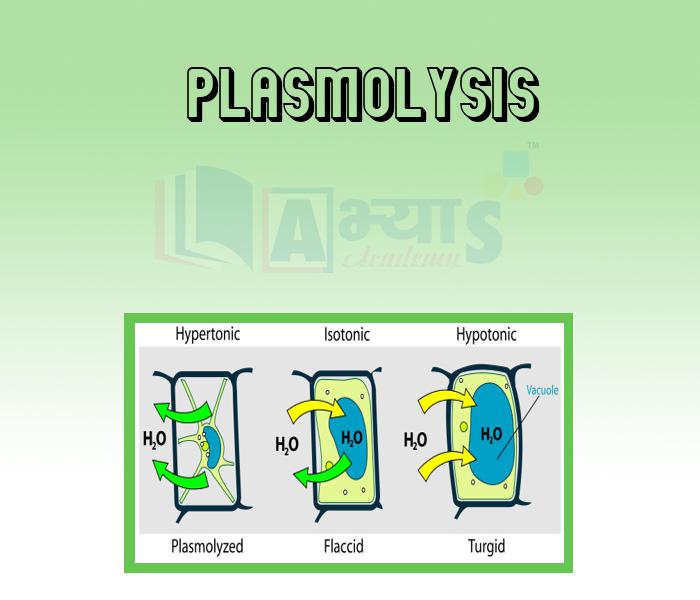
- Ascent Of Sap
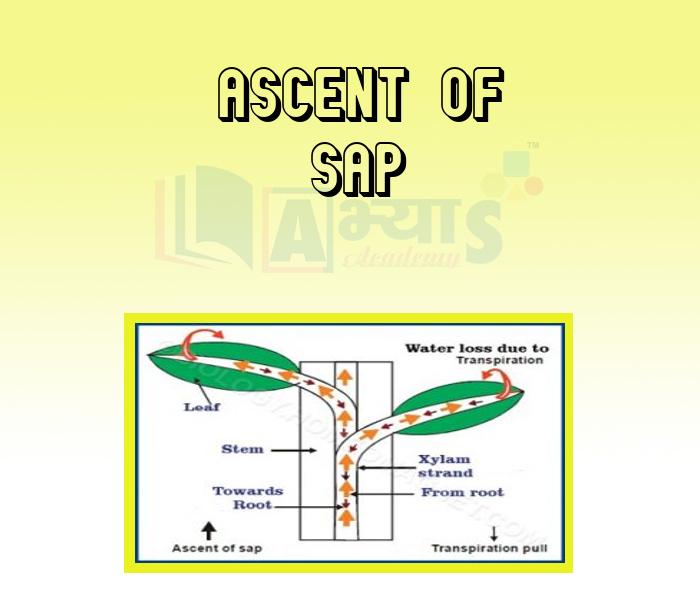
- Transportation Meaning
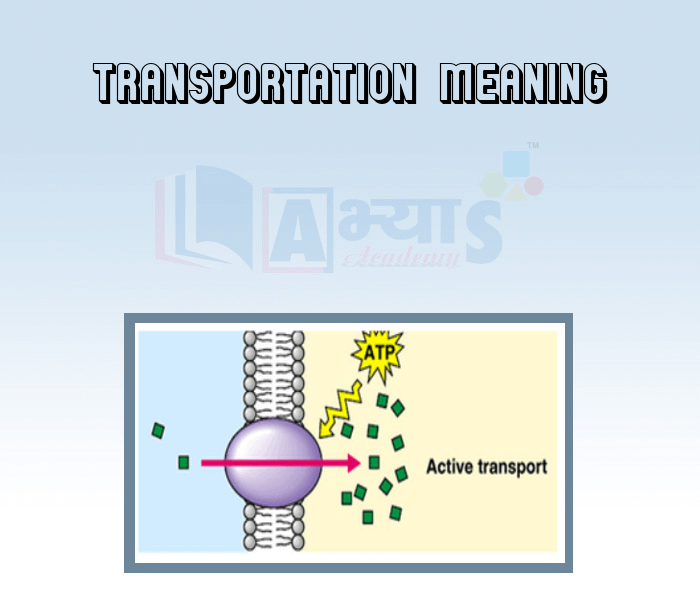
- Transportation in Plants -
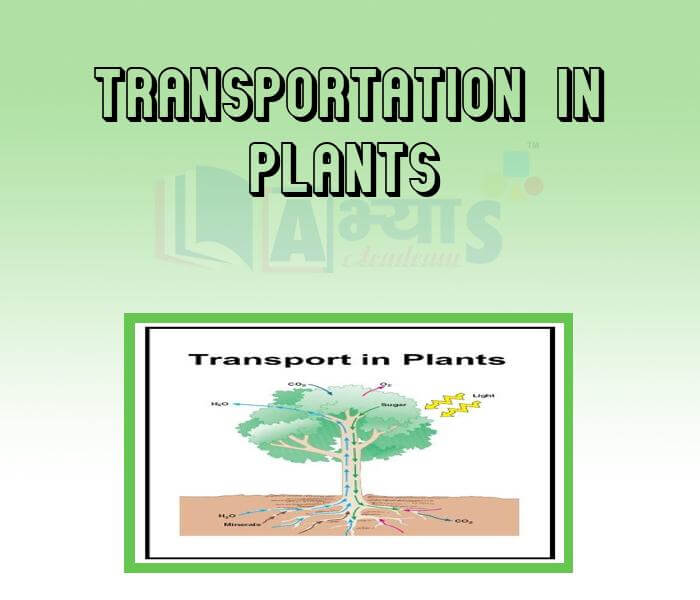
- Xylem Vascular Tissue
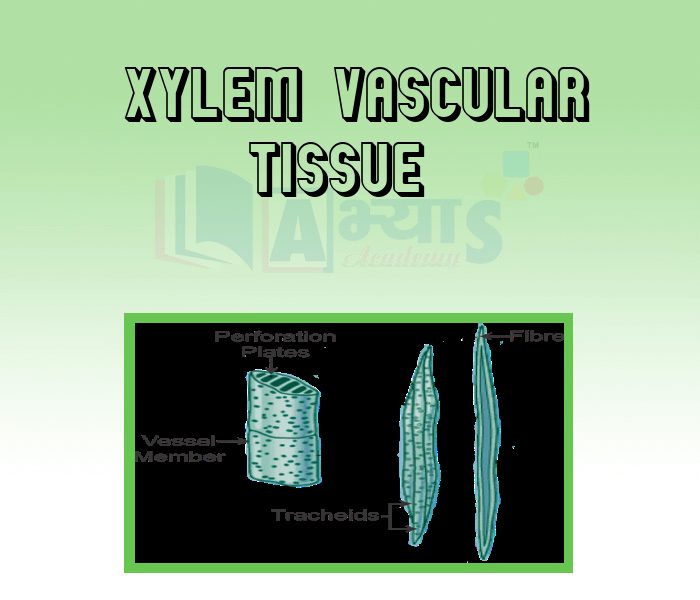
- Transport of Water Experiment
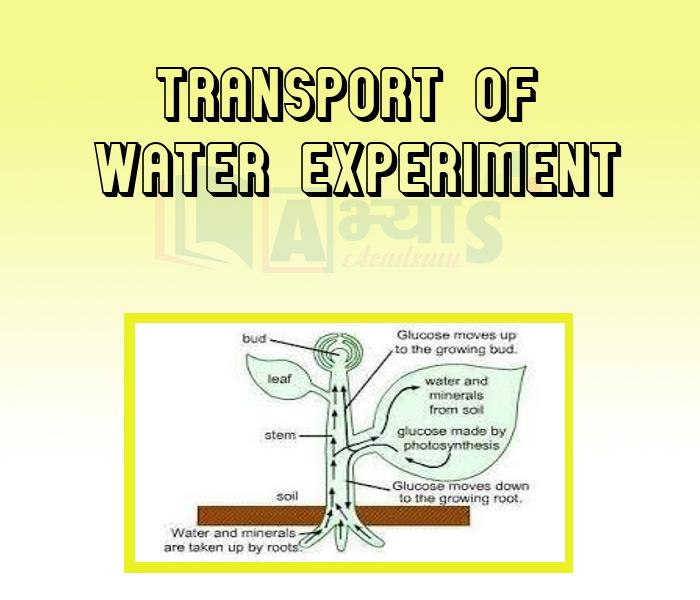
- Phloem Vascular Tissue
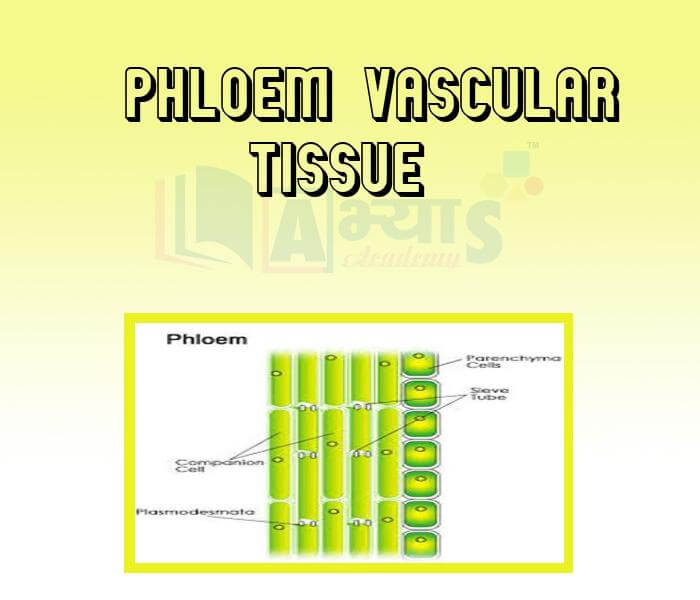
- Difference Between Xylem and Phloem
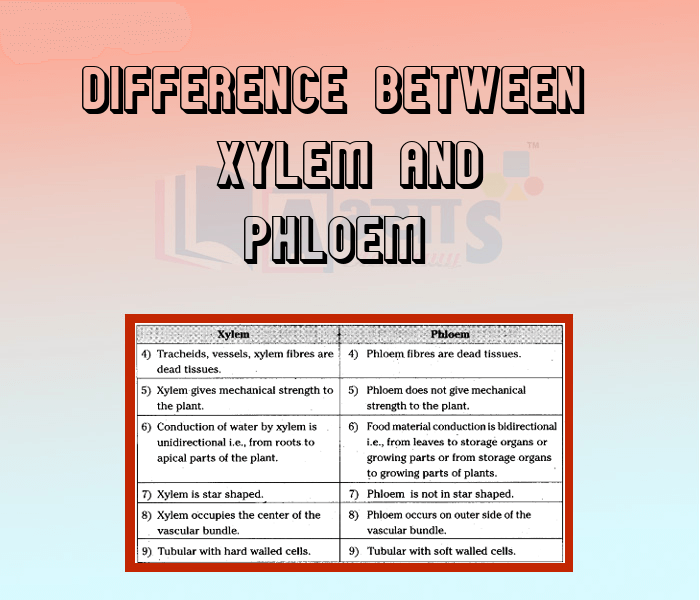
- Translocation in Plants
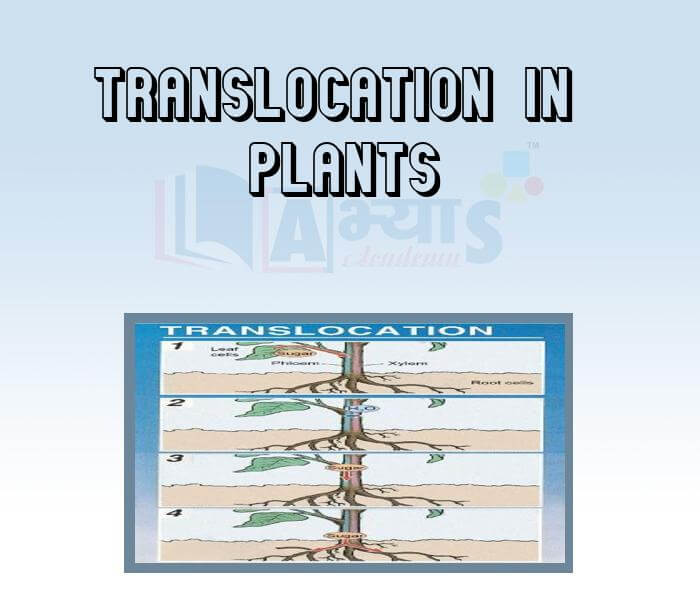
Explore Concepts (Click & View)
- Photosynthesis and Its Requirements
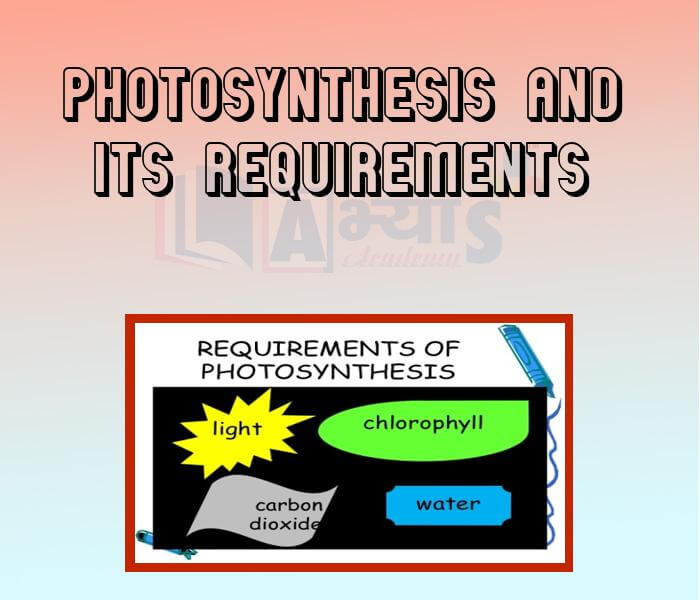
- Mechanism of Photosynthesis
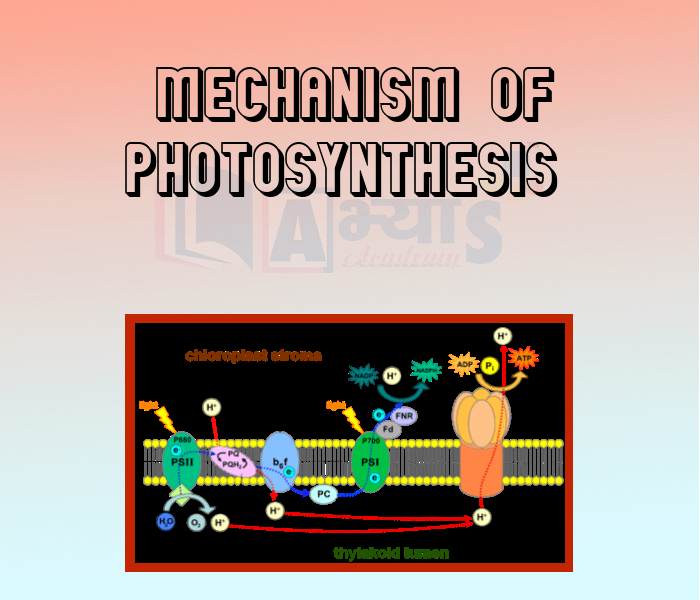
- Factors Affecting Photosynthesis
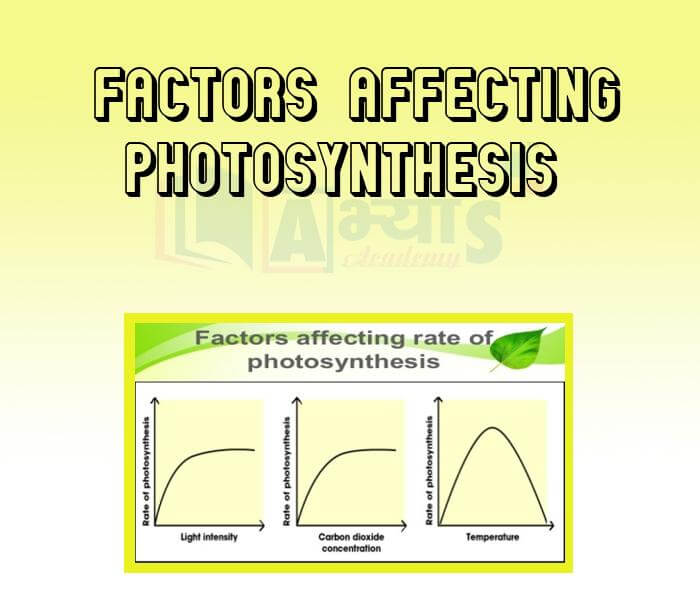
- Internal Structure of Chloroplast
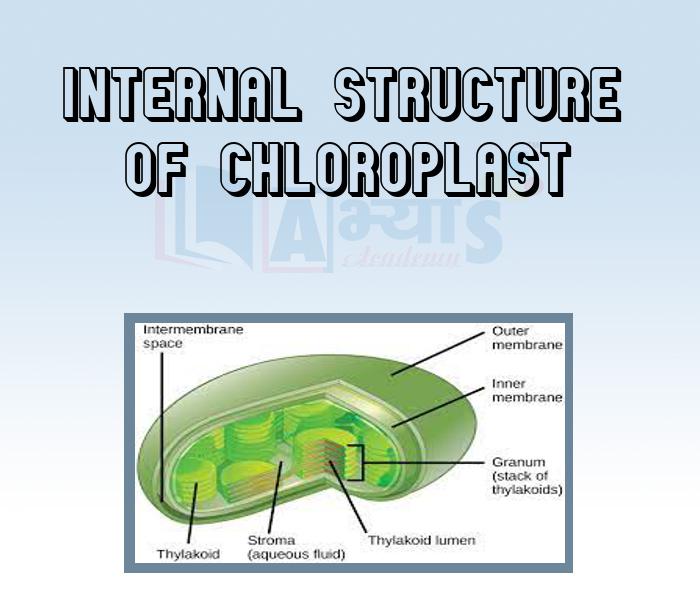
- Phases of Photosynthesis
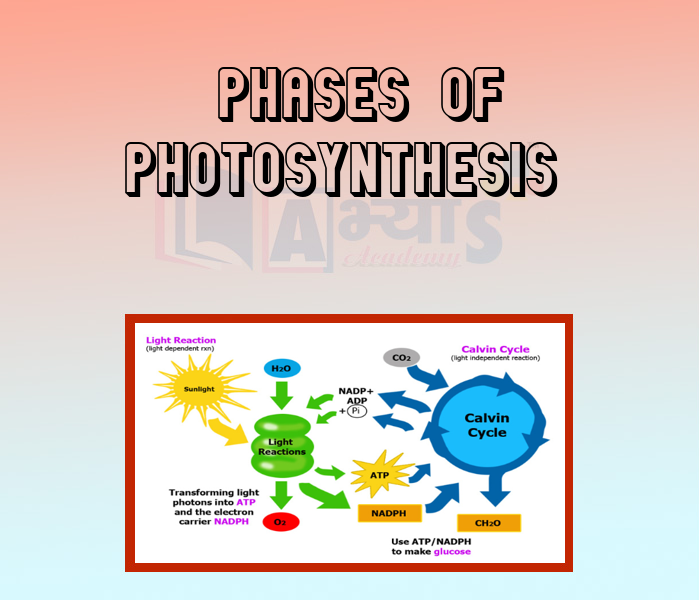
- Light Reaction of Photosynthesis
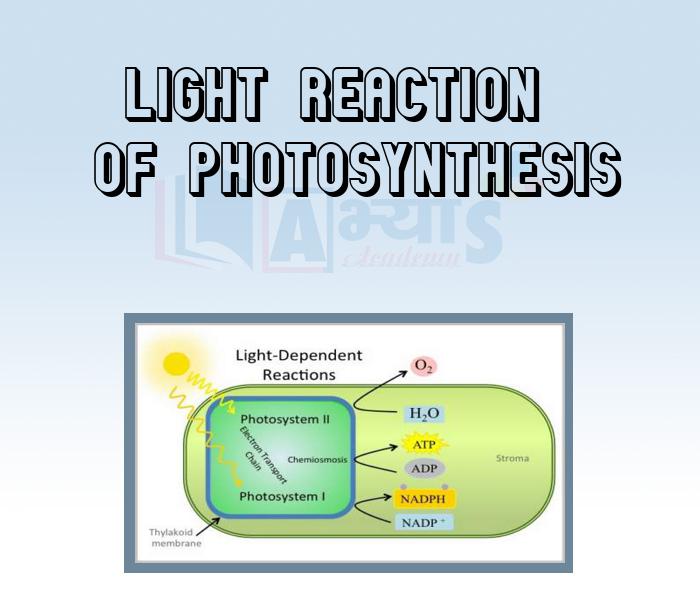
- Dark Reaction of Photosynthesis
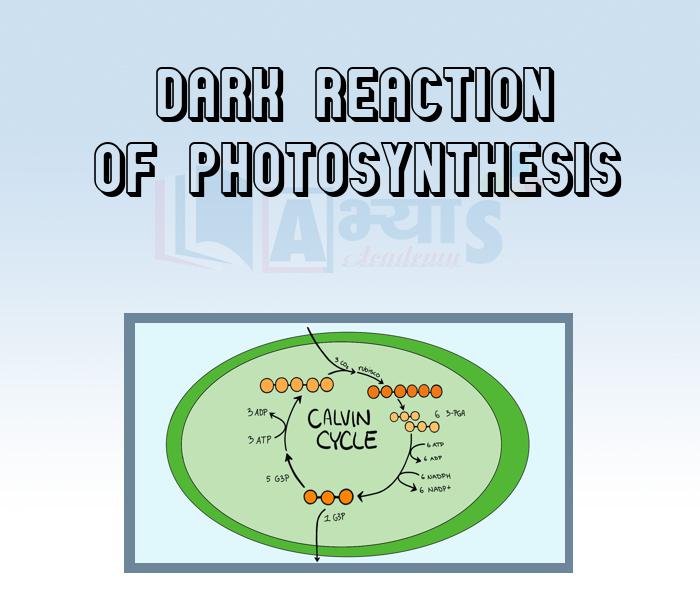
- Destarching Experiment of Photosynthesis
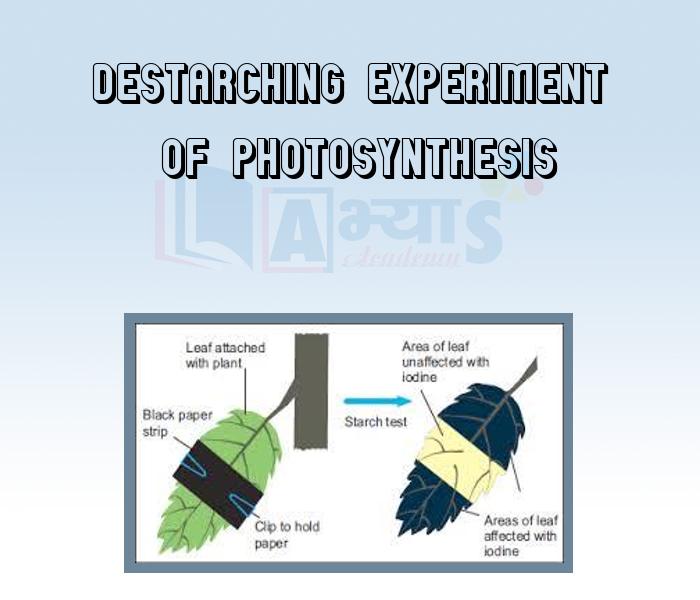
- Carbon Cycle
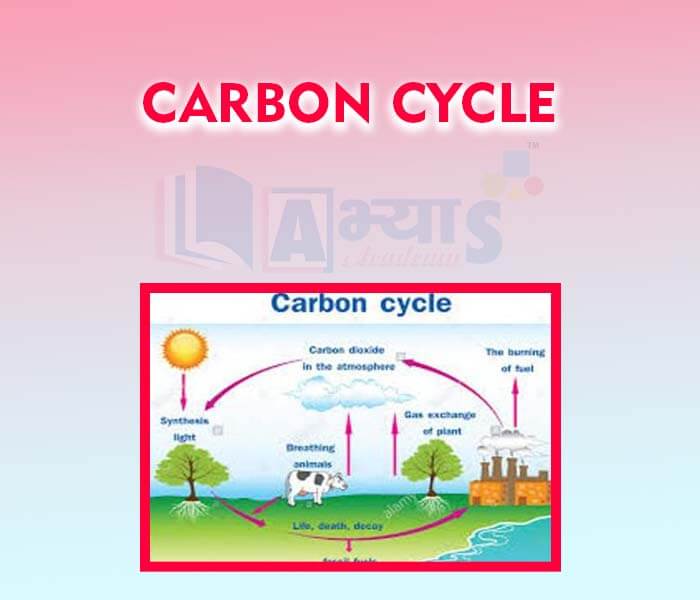
Explore Concepts (Click & View)
- Response in Plants or Turgor Movements
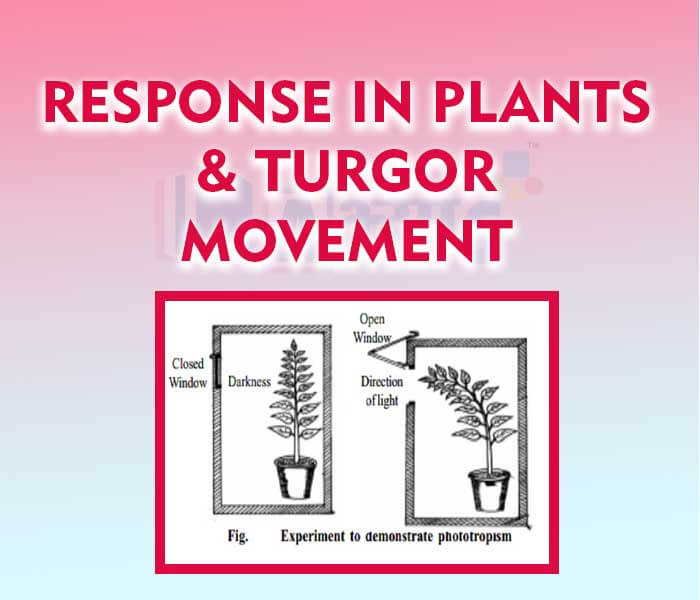
- Immediate Resposnse to Stimulus in Plants -
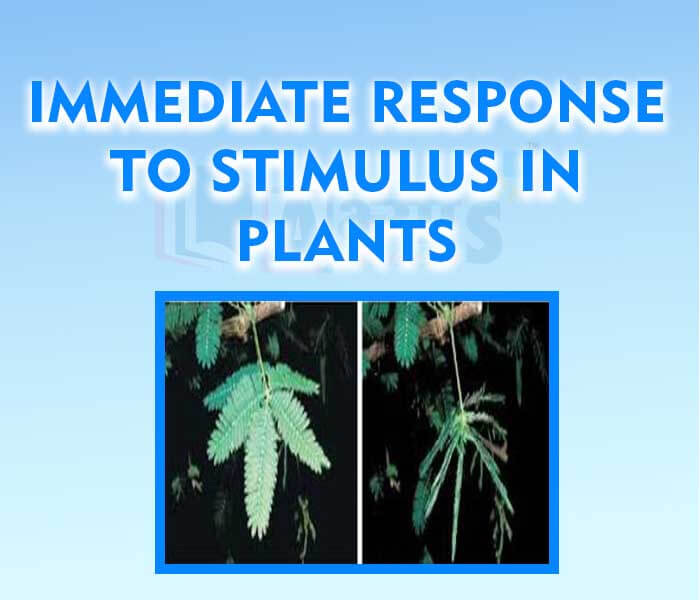
- Movement due to Growth in Plants -
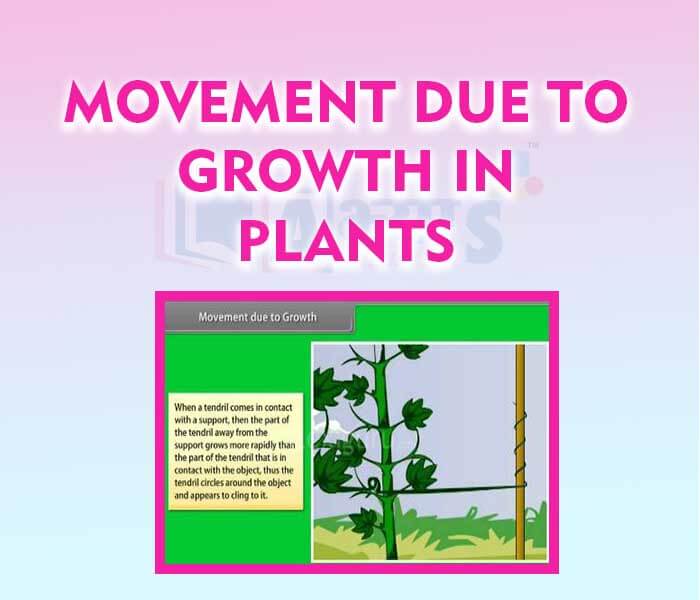
- Nastic Movements
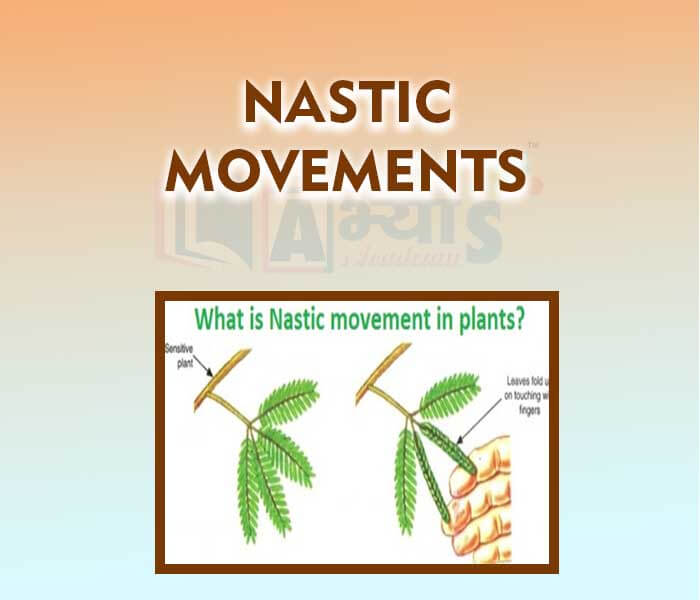
- Stomatal Movements
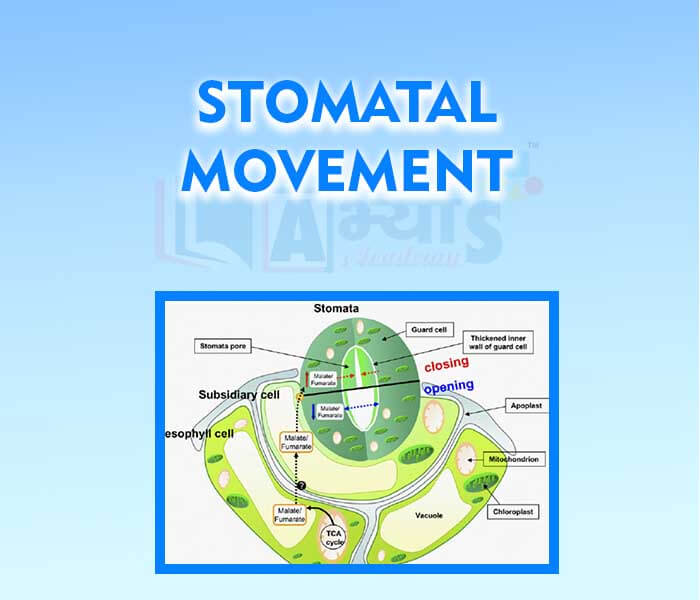
- Growth or Tropic Movements
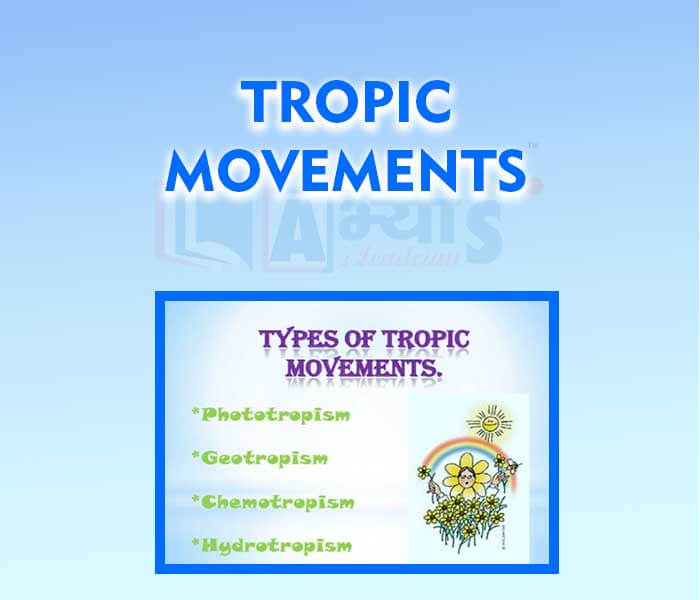
- Phototropism Movement
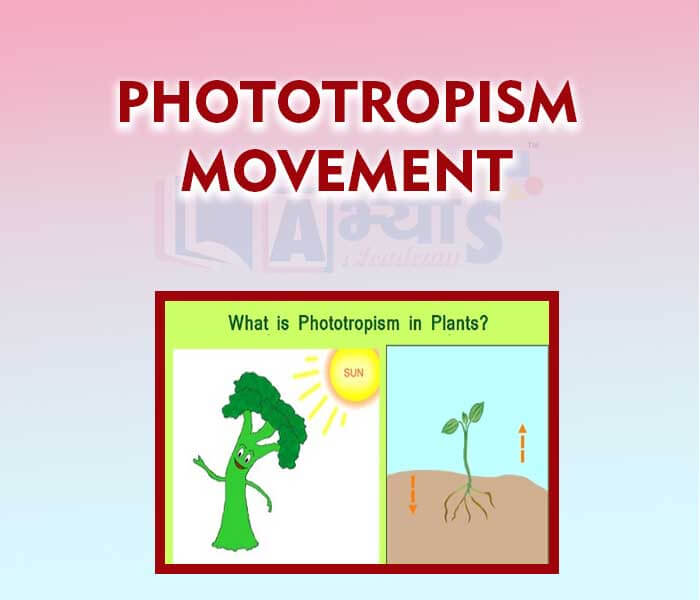
- Geotropism Movement
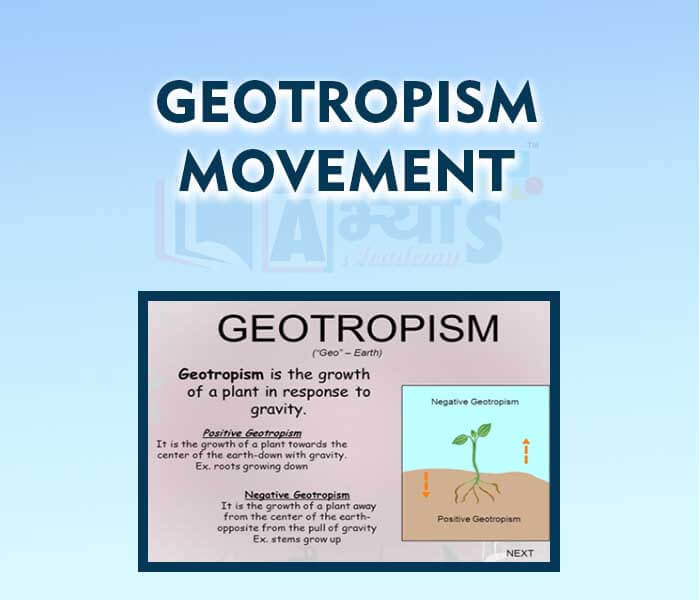
- Hydrotropism Movement
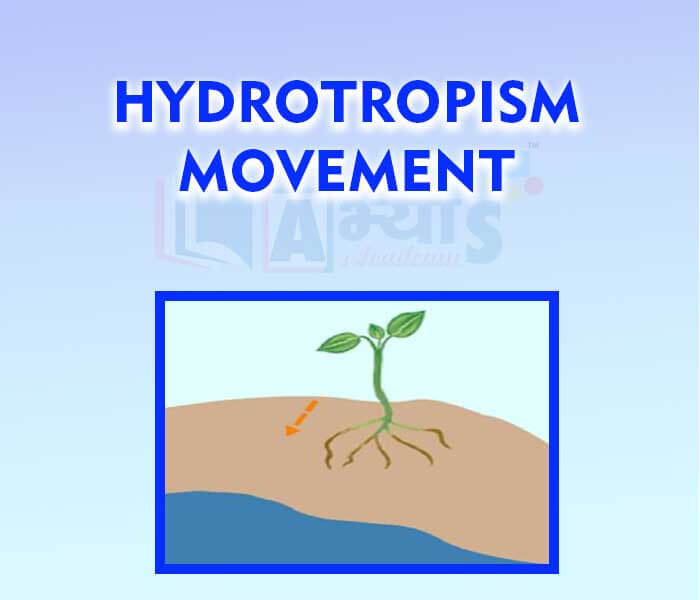
- Chemotropism Movement
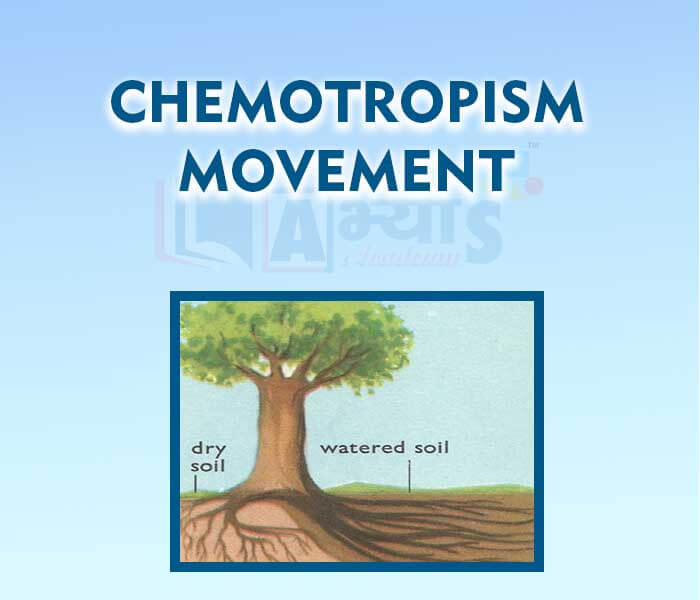
- Thigmotropism Movement -

- Plant Hormones
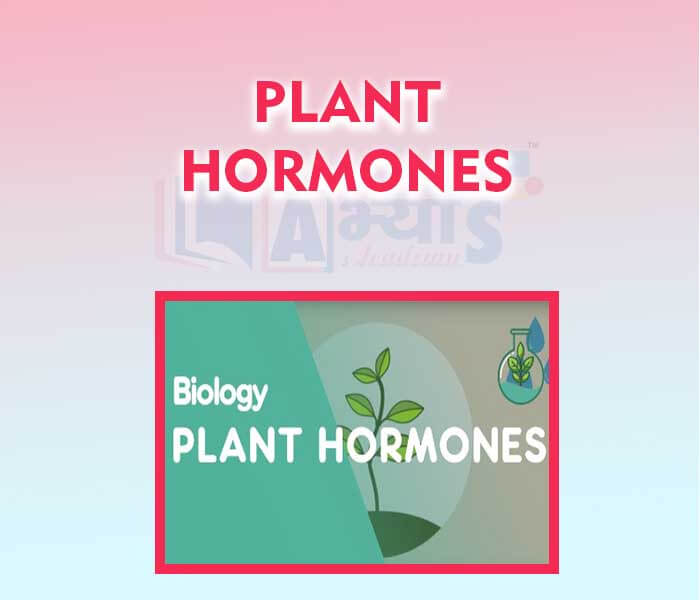
- Auxins
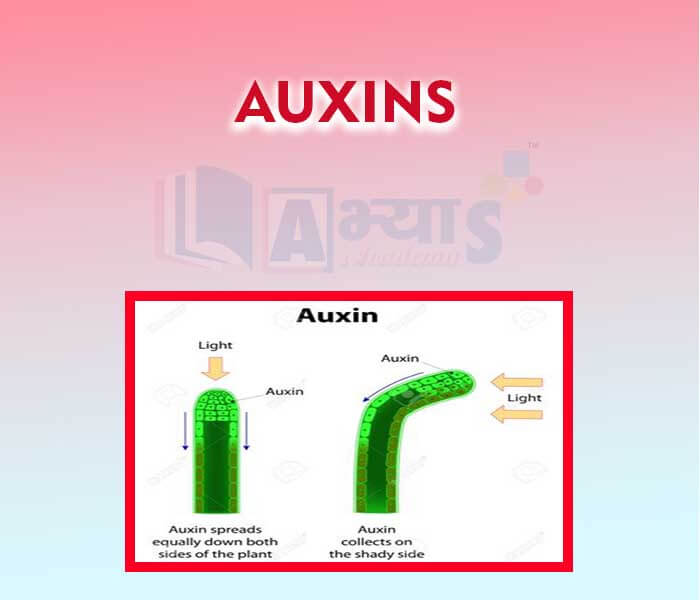
- Gibberellins
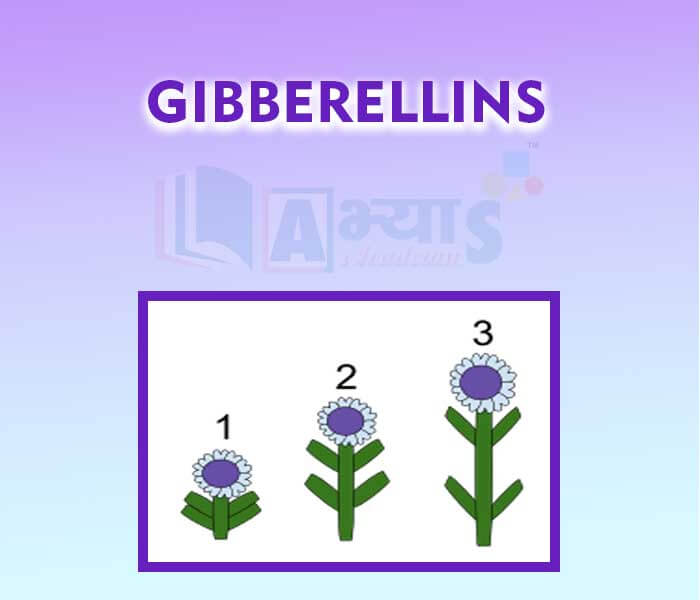
- Cytokinins
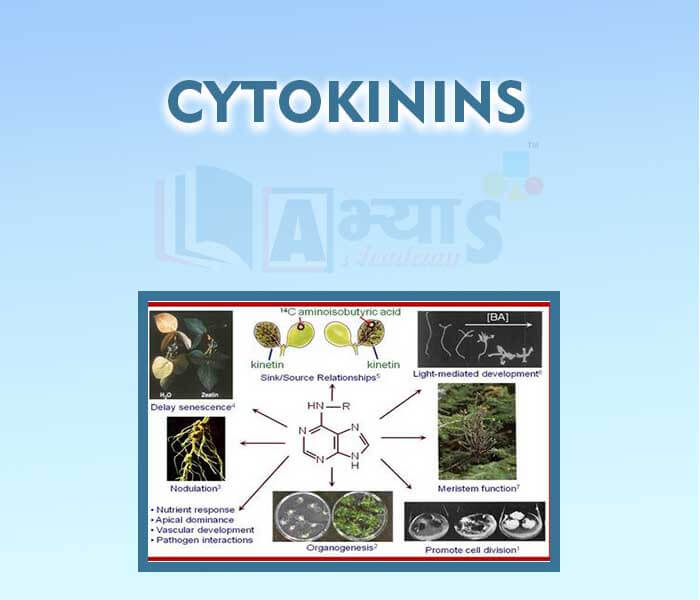
- Abscisic Acid And Ethylene
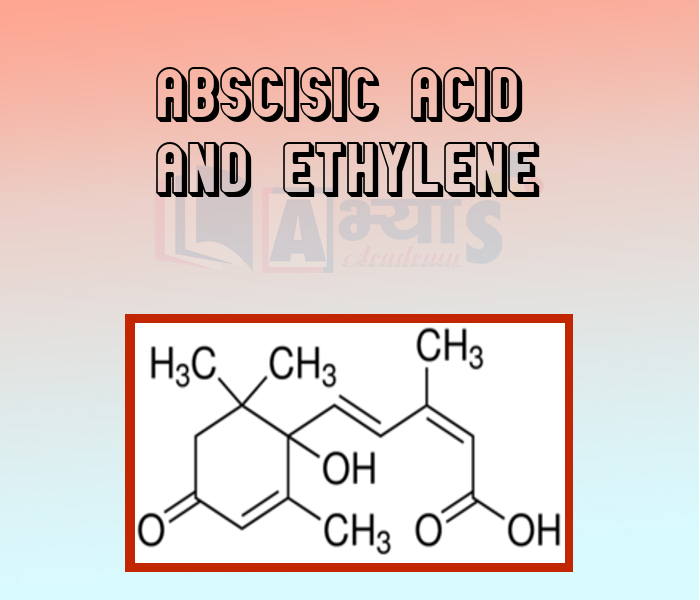
Explore Concepts (Click & View)
- Blood Connective Tissue
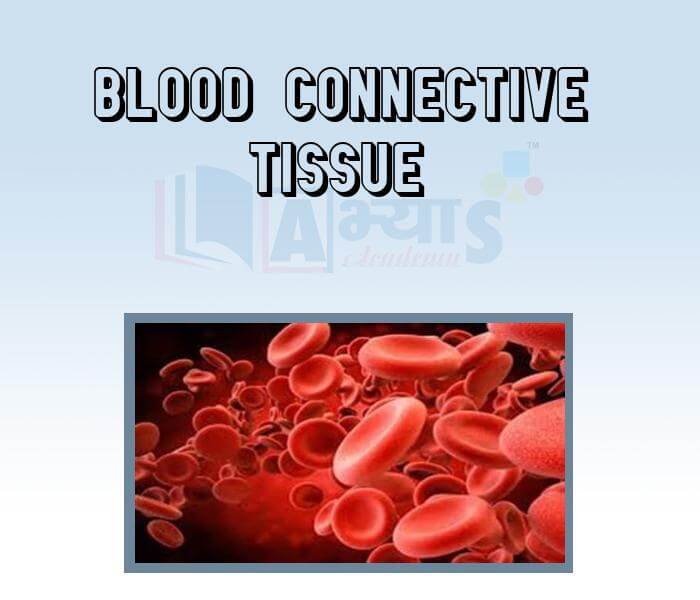
- Plasma
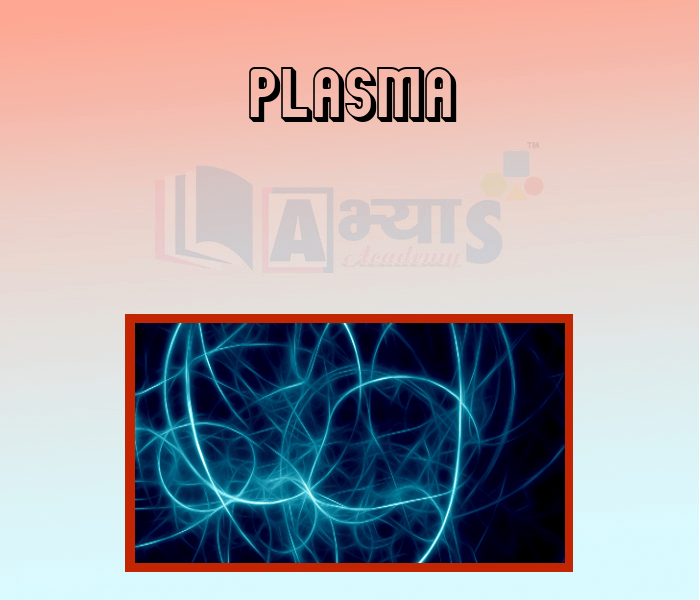
- Blood Platelets
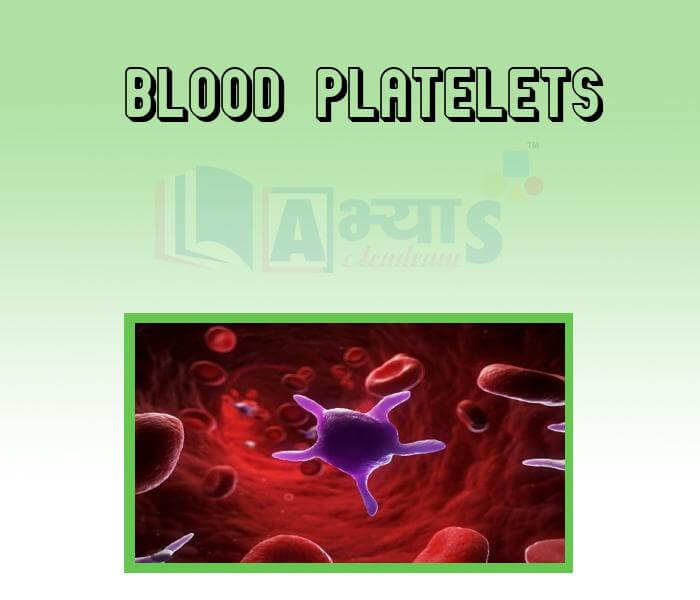
- Blood Coagulation
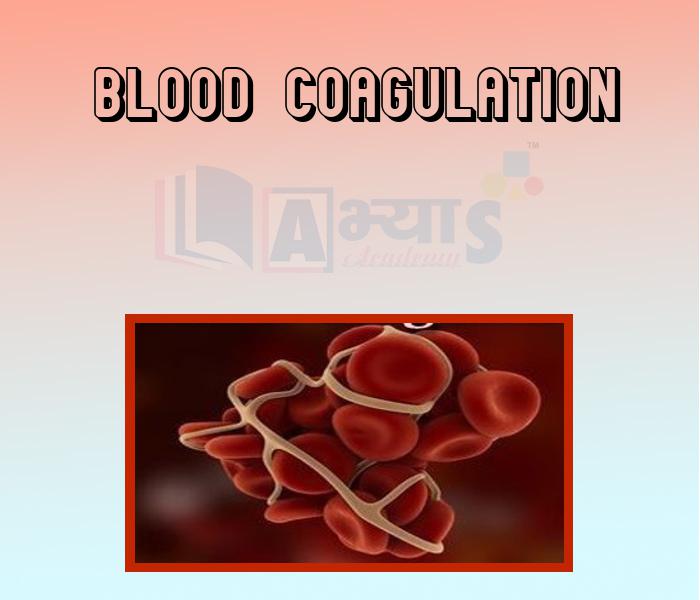
- Lymph as Fluid Connective Tissue
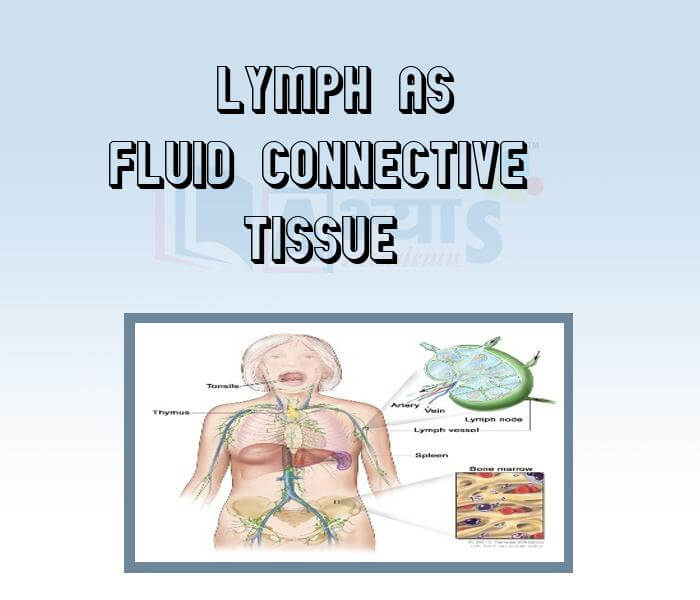
- Blood Vessels
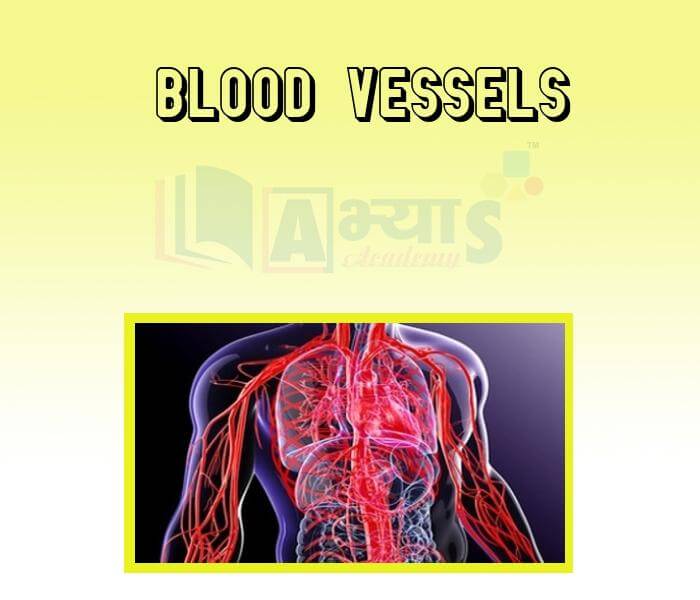
- Arteries and Veins
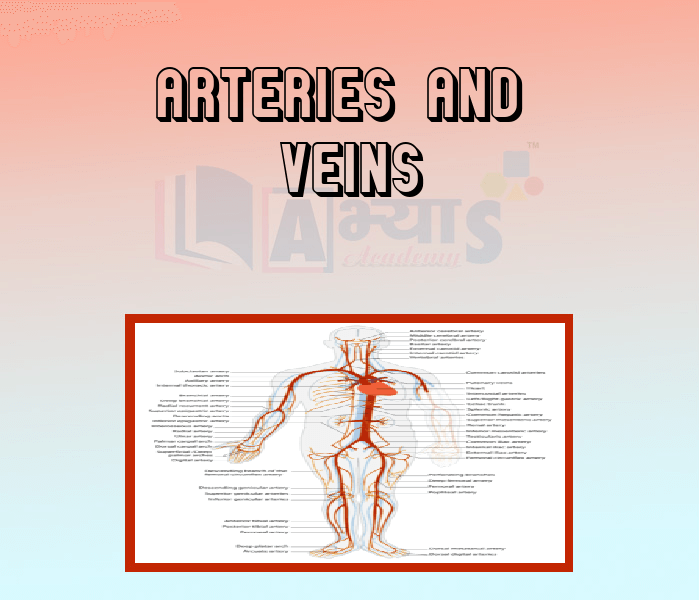
- Heart Pumping Organ
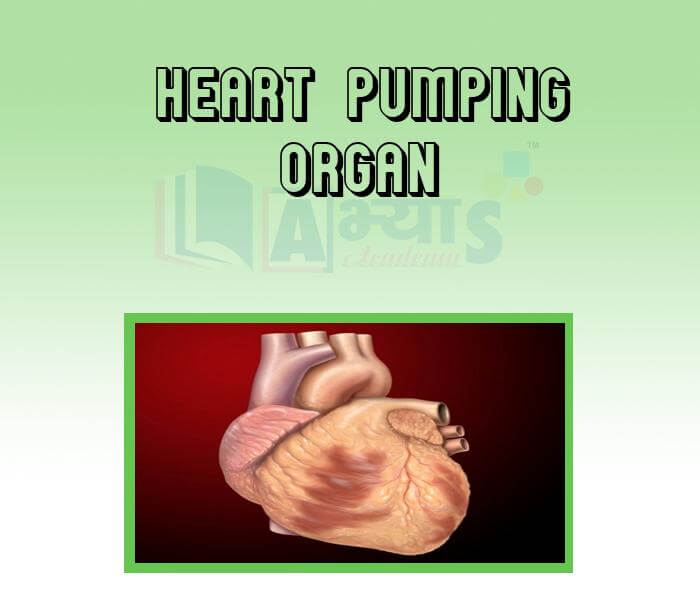
- Importance of Different Chambers in Heart
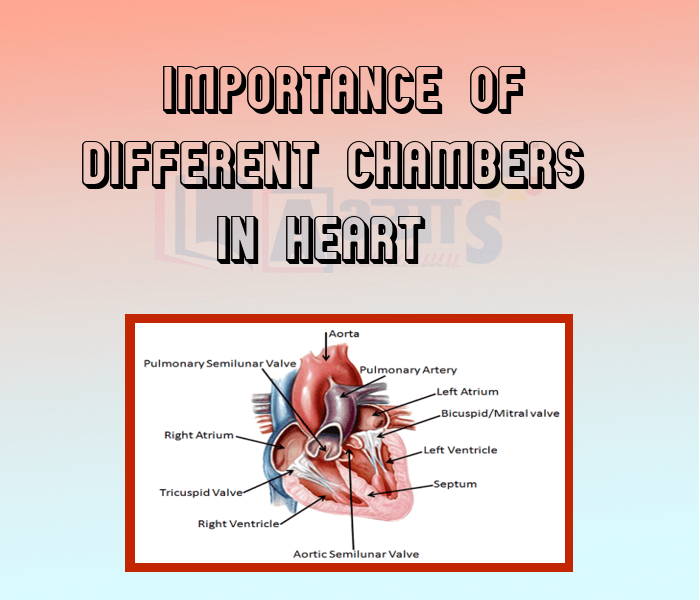
- Double Circulation of Blood
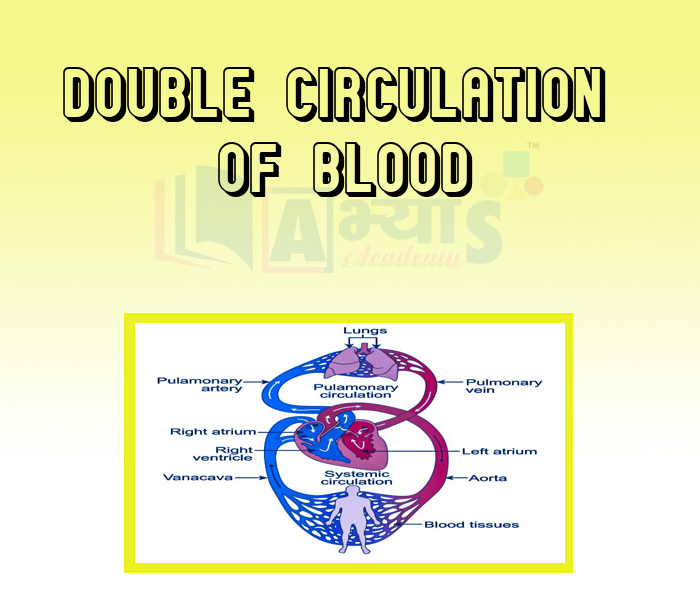
- Blood Pressure
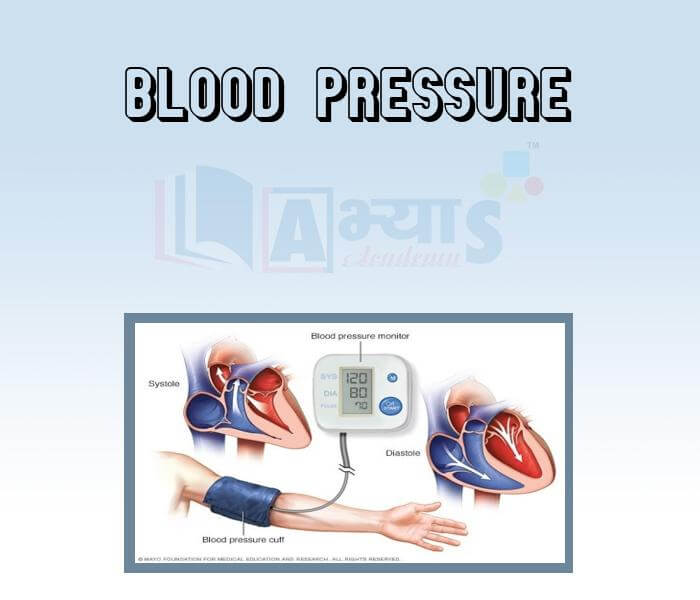
- Cardiac Cycle
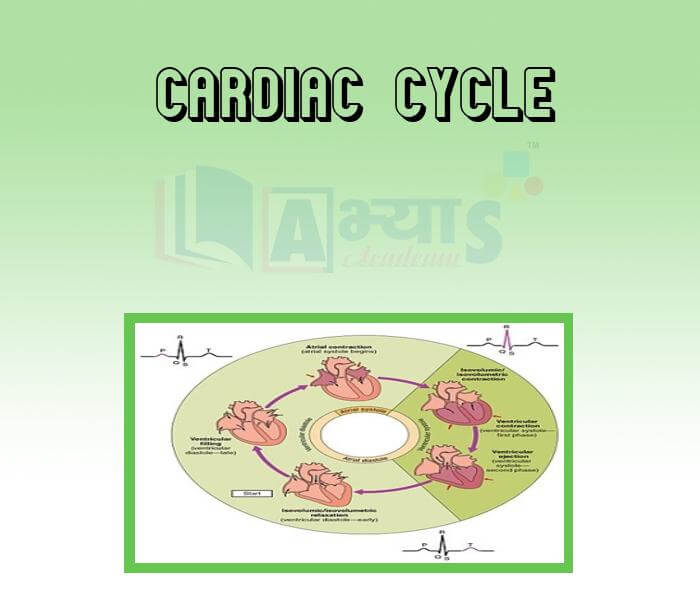
- The Lymphatic System
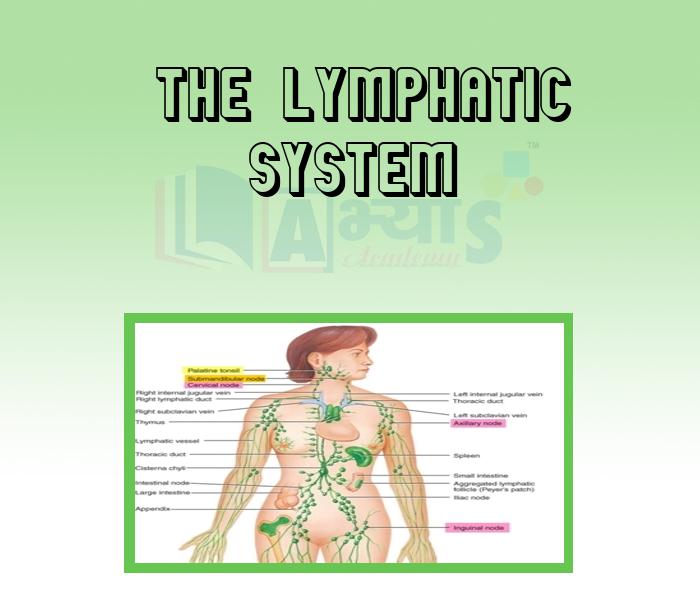
- ABO Blood Group System
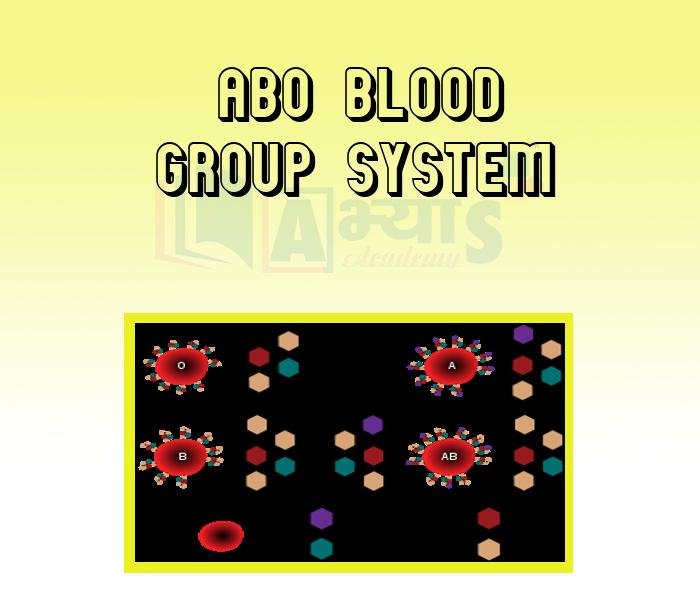
- Rh Factor
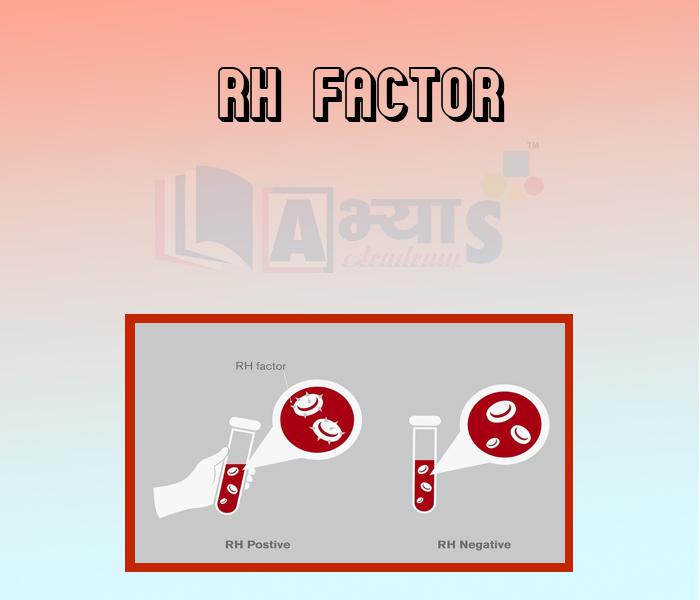
- Hepatic Portal System
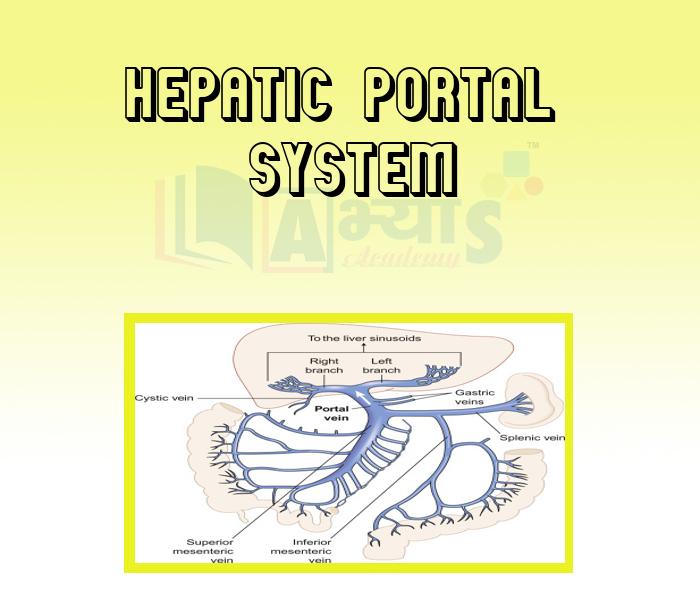
Explore Concepts (Click & View)
- Excretion Meaning
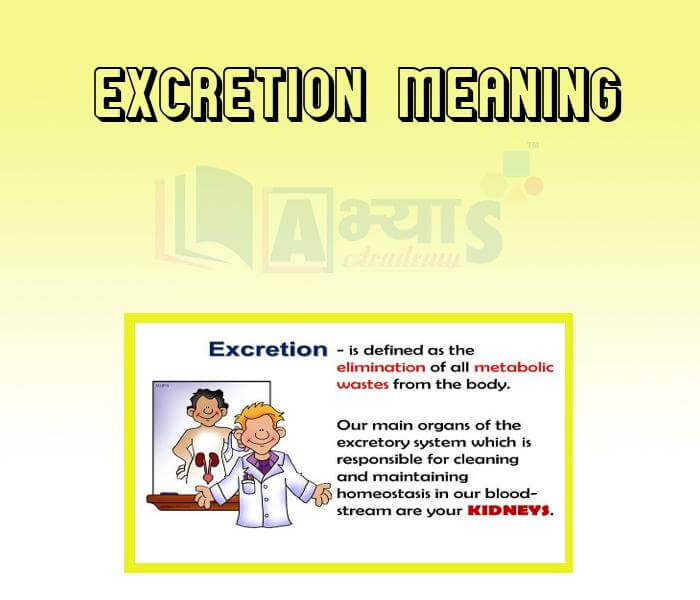
- Excretion through Skin Liver and Lungs
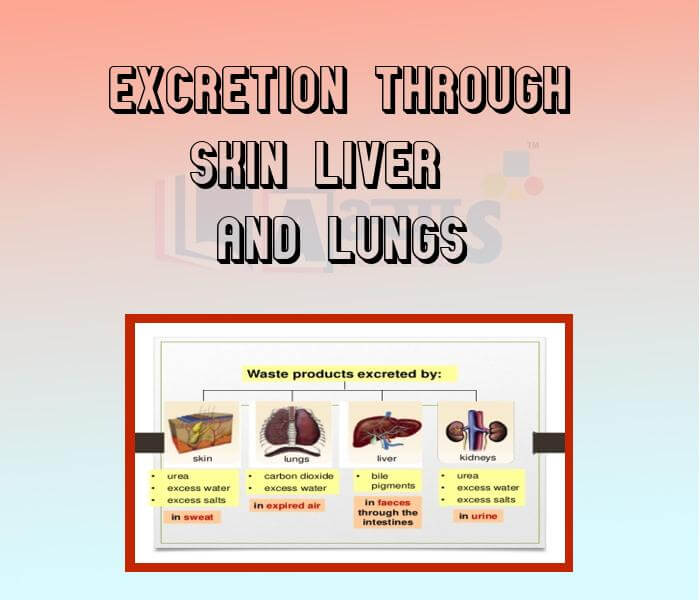
- Human Excretory System
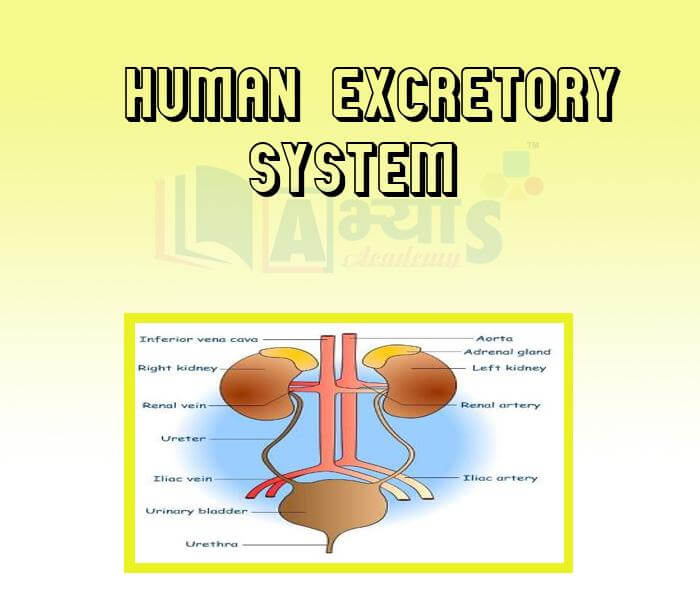
- Structure of Kidney
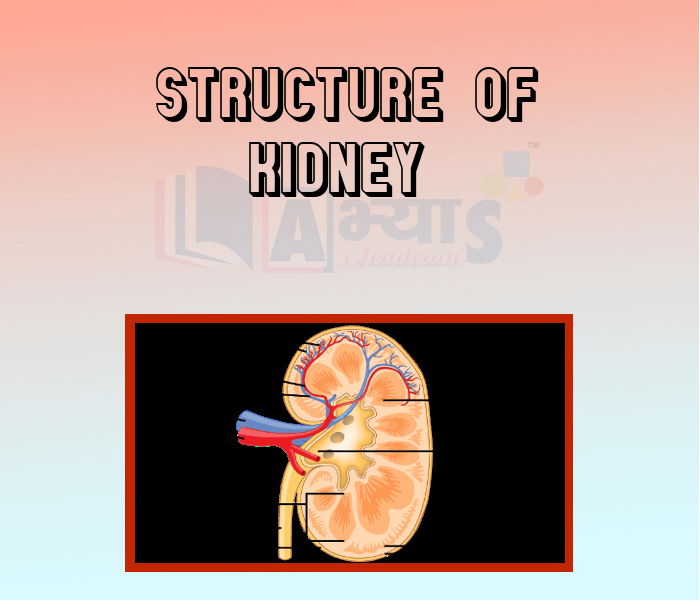
- Structure of Nephron
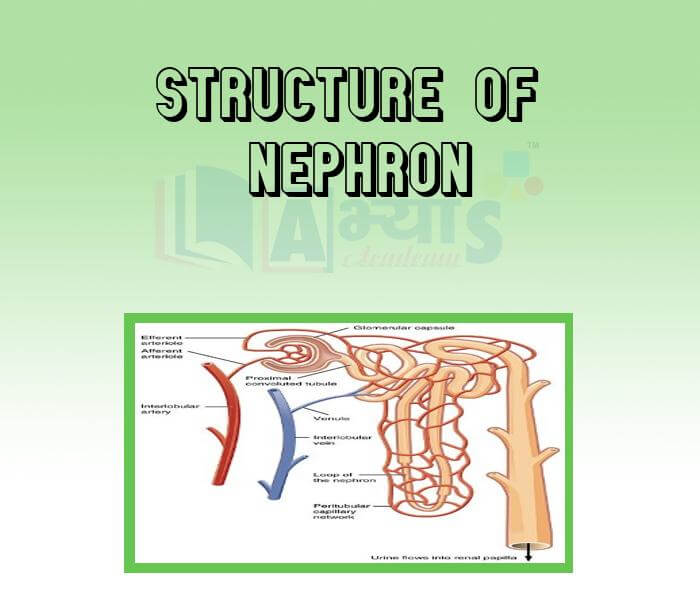
- Process of Excretion in Nephron
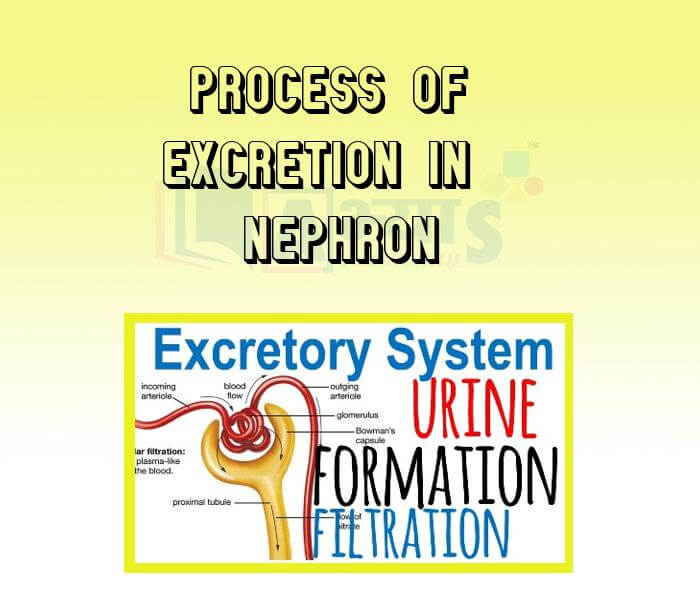
- Haemodialysis and Dialysis
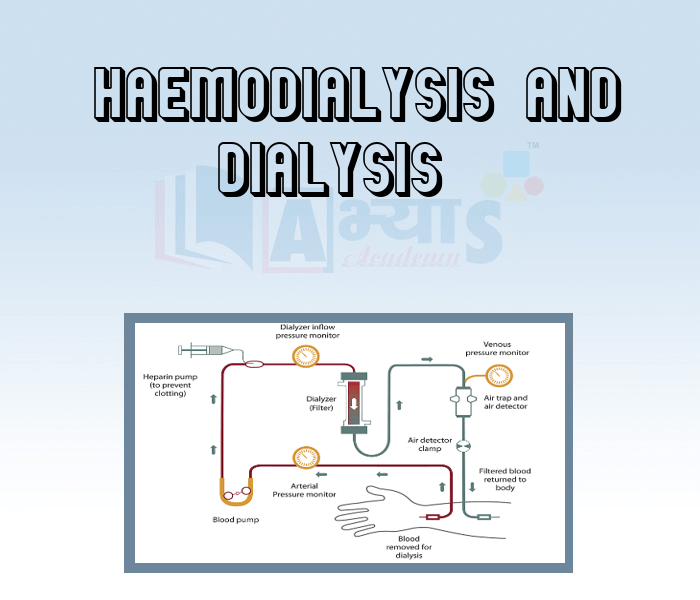
Explore Concepts (Click & View)
- Nerve Cell
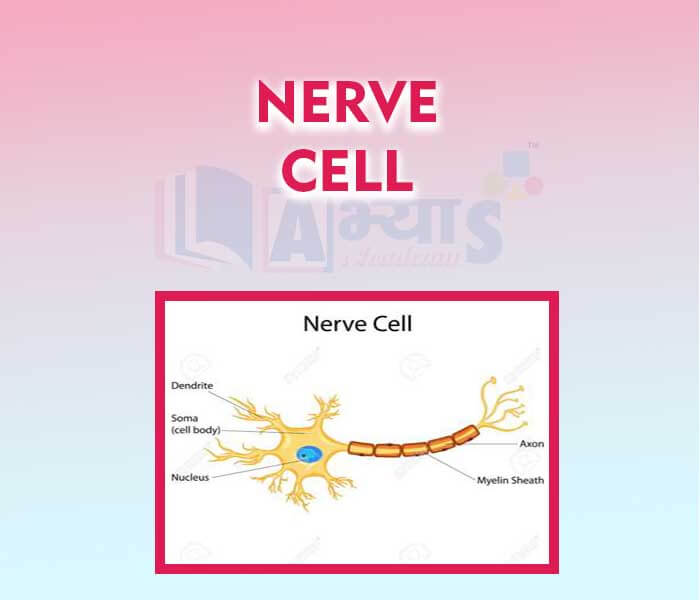
- Human Nervous System
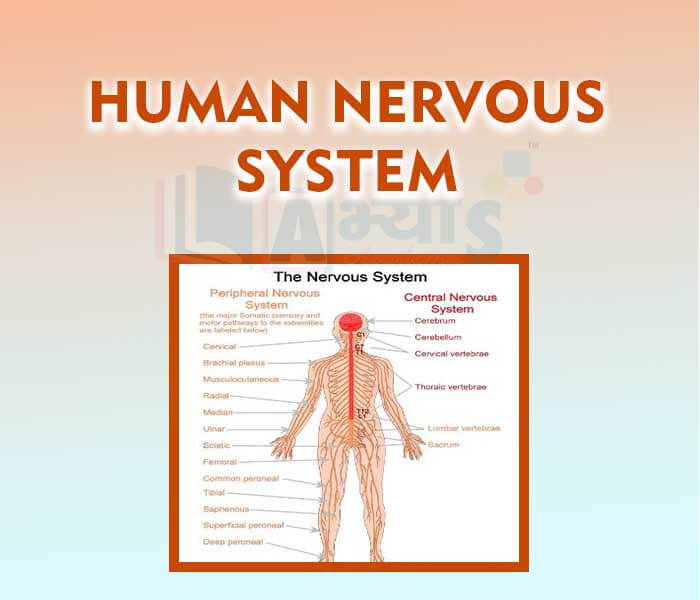
- Brain Central Nervous System
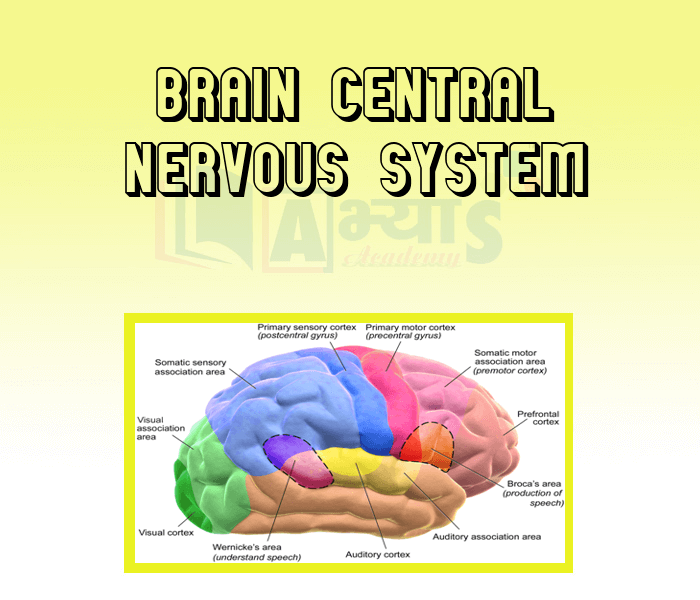
- SpinaI Cord Central Nervous System
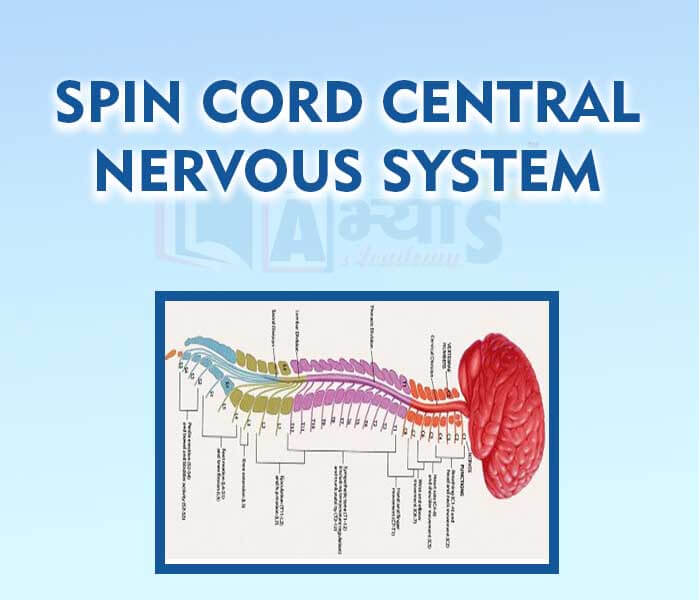
- Reflex Action
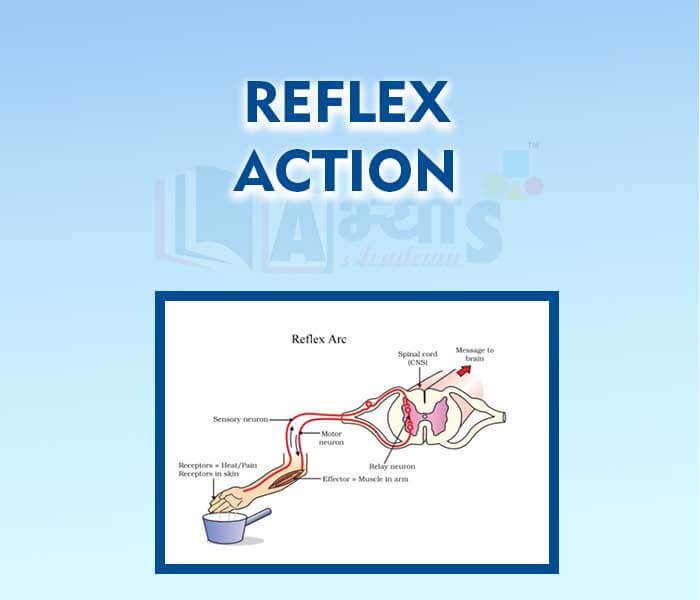
- Peripheral Nervous System
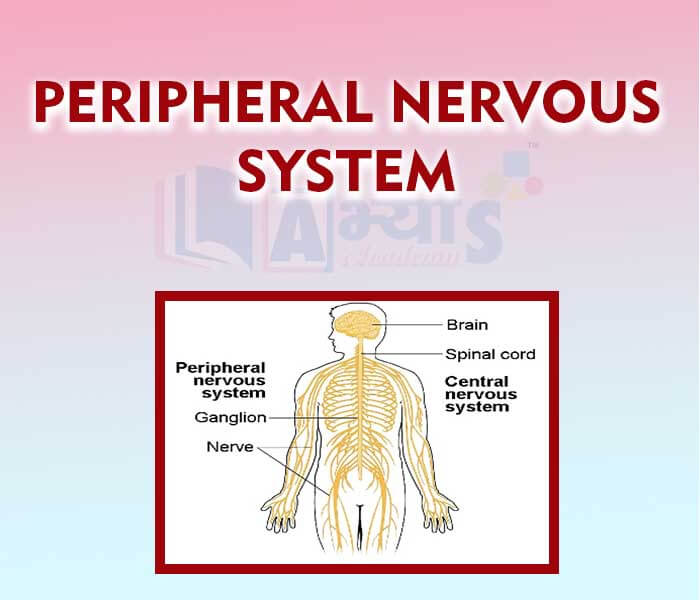
- Autonomic Nervous System
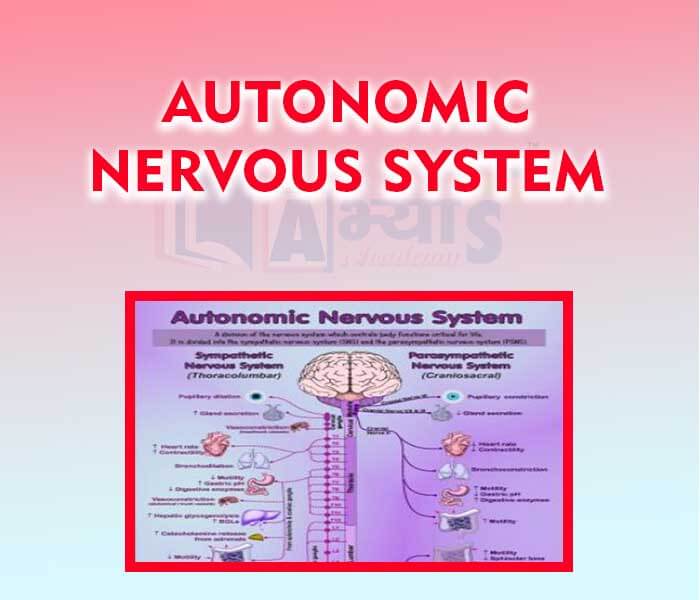
Explore Concepts (Click & View)
- Sexual Reproduction
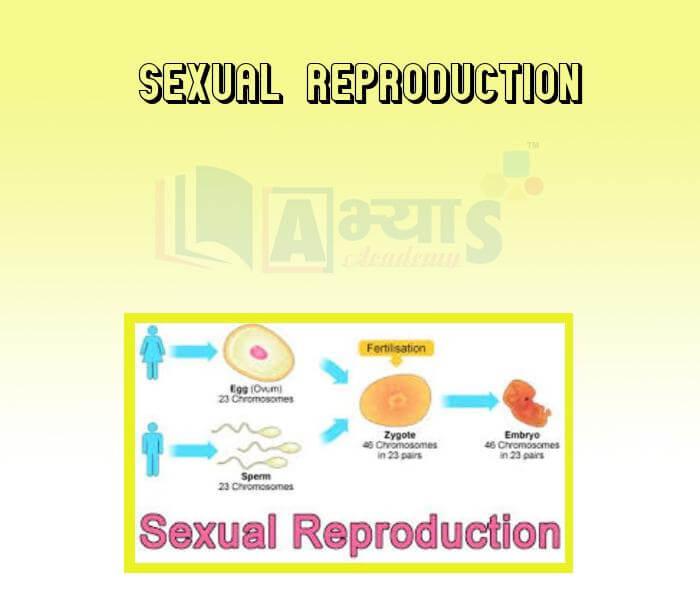
- Fertilization
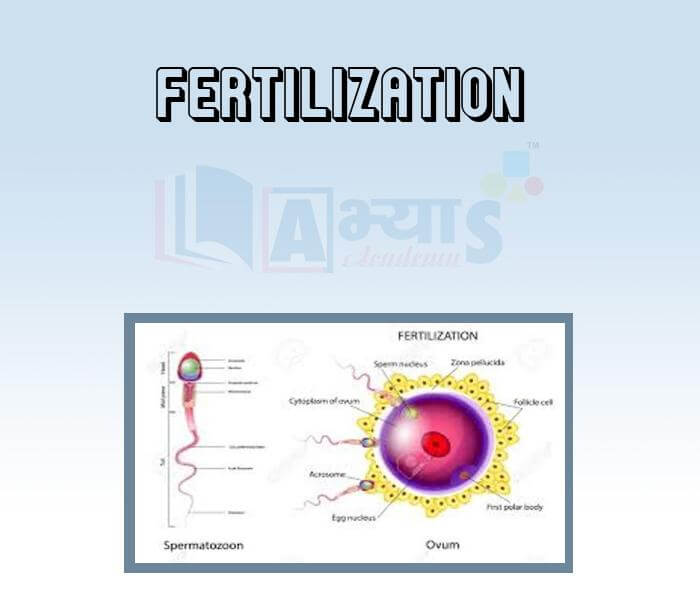
- Changes in Human Body
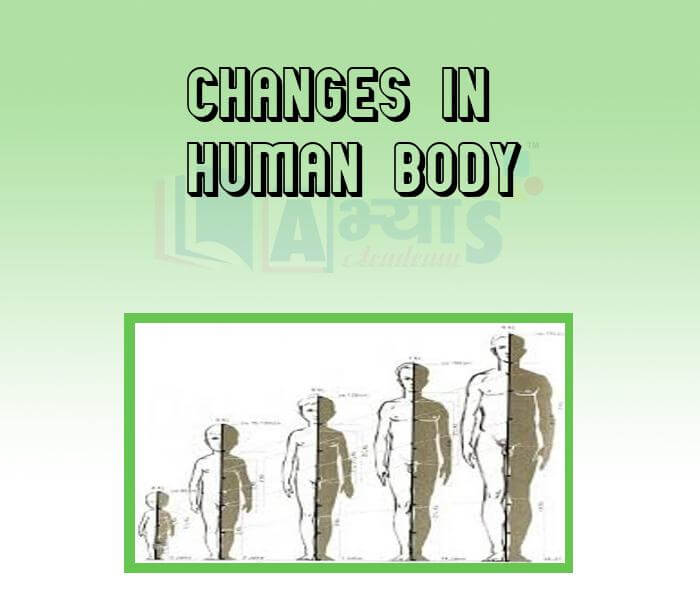
- Human Reproductive System
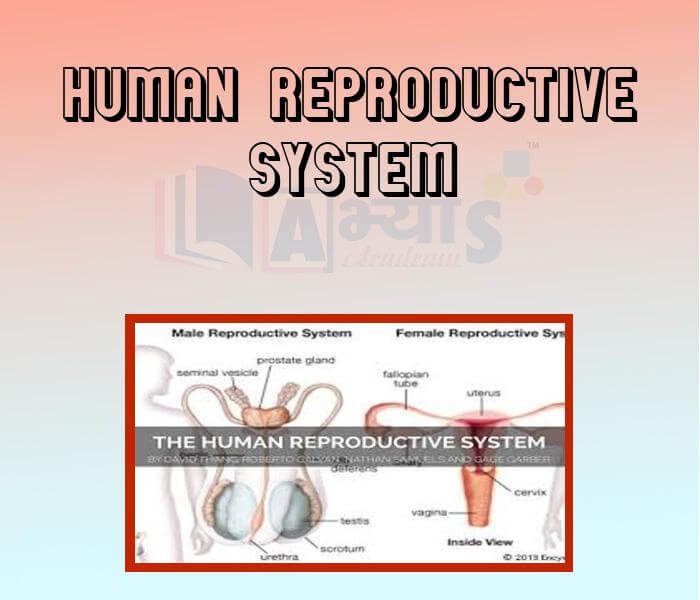
- Male Reproductive System
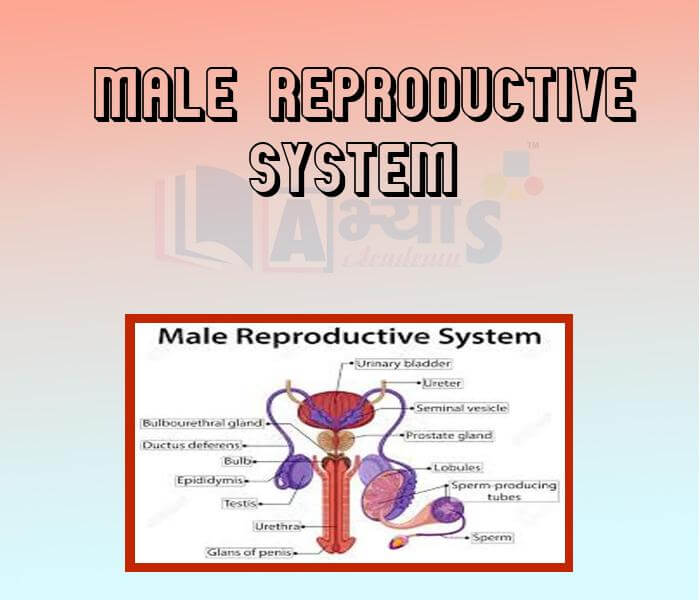
- Female Reproductive System
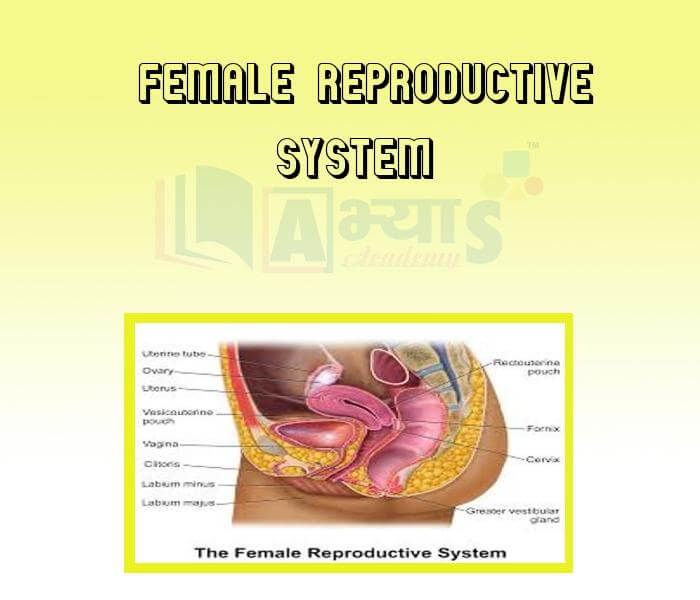
- Changes After Fertilization
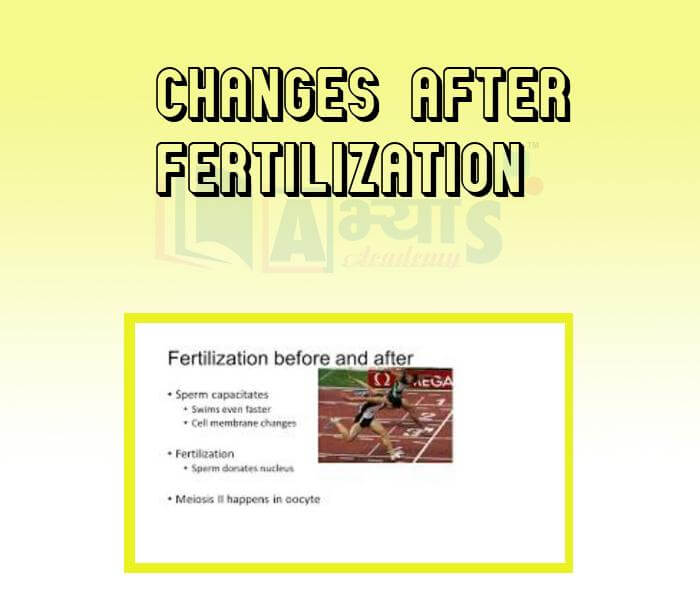
- Sexually Transmitted Diseases
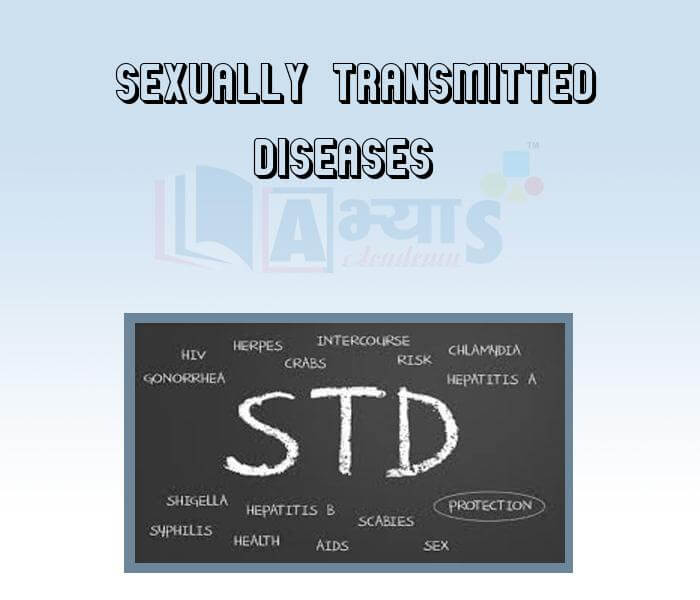
- Foetal Membrane And Amniotic Fluid
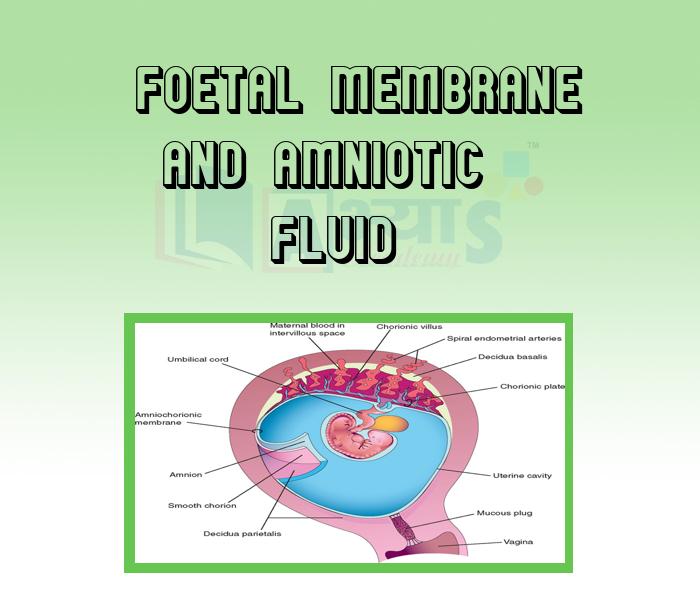
- Identical And Fraternal Twins
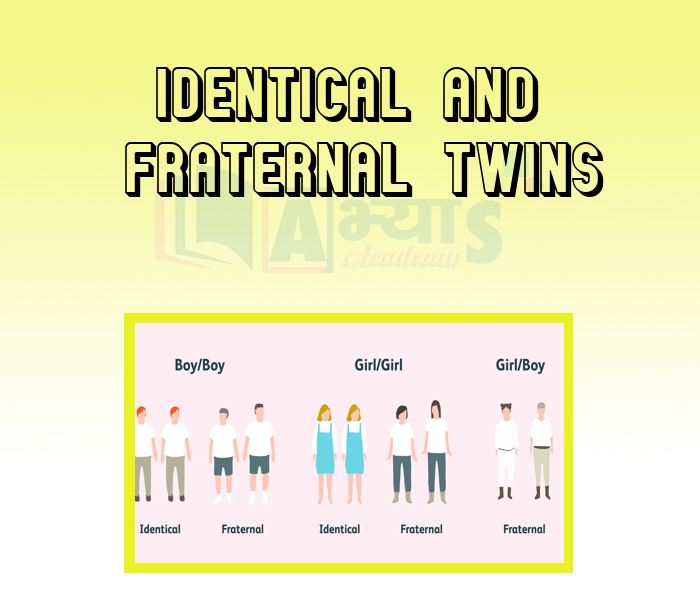
- Menstrual Cycle
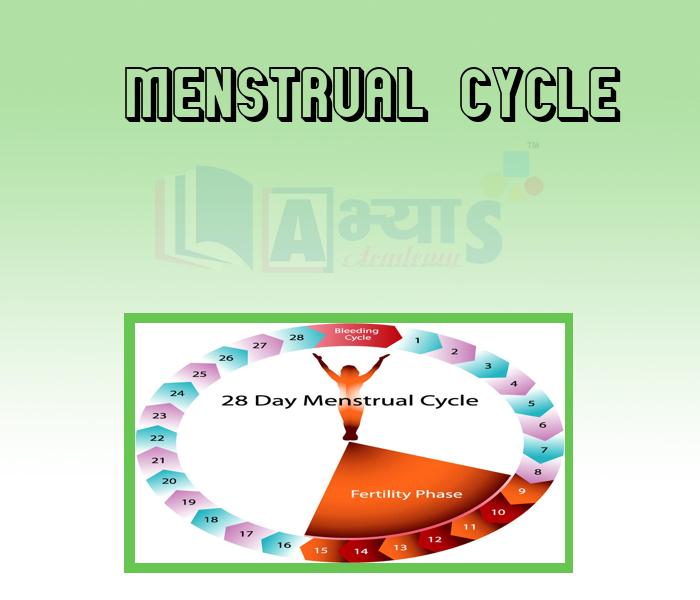
- Placenta
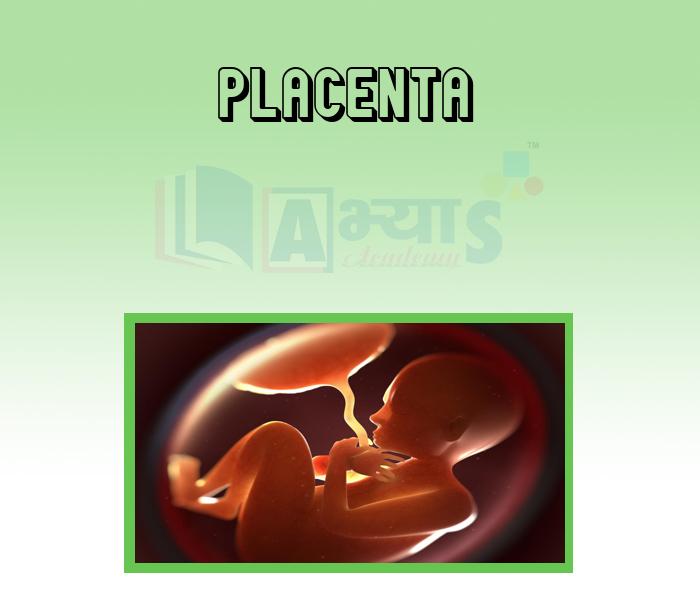
- Oviparous and Viviparous Animals
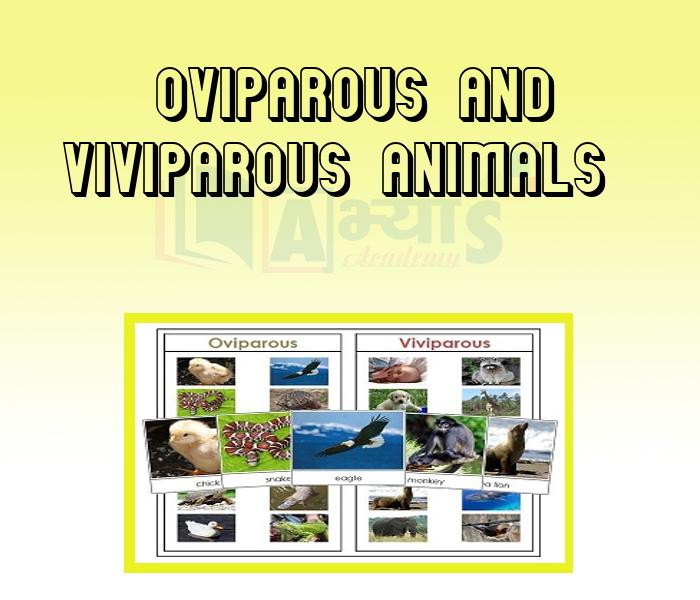
- In Vitro Fertilisation -IVF
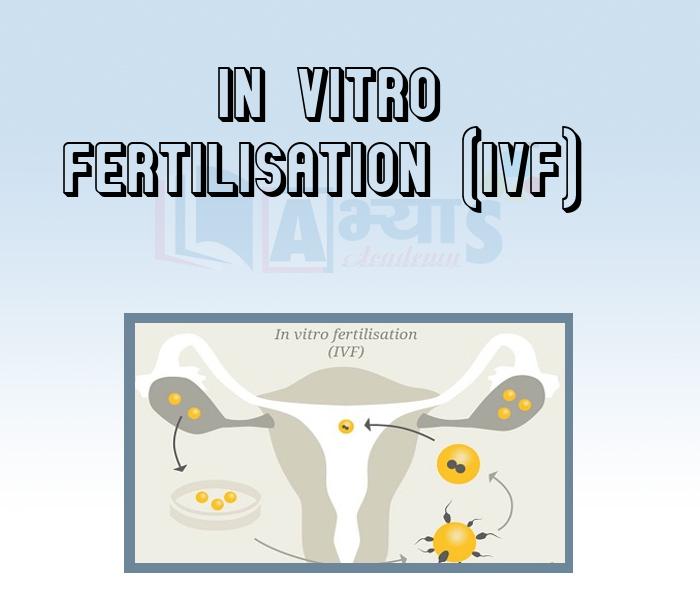
- Structure of Gametes
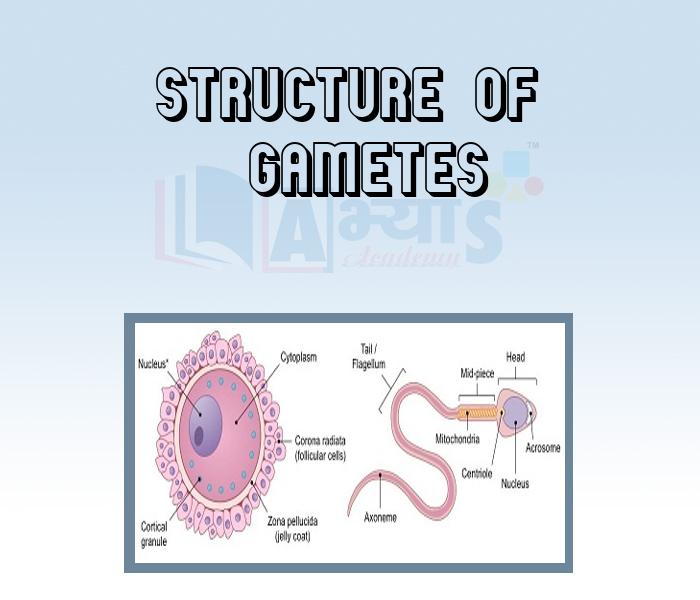
- Types of Fertilisation
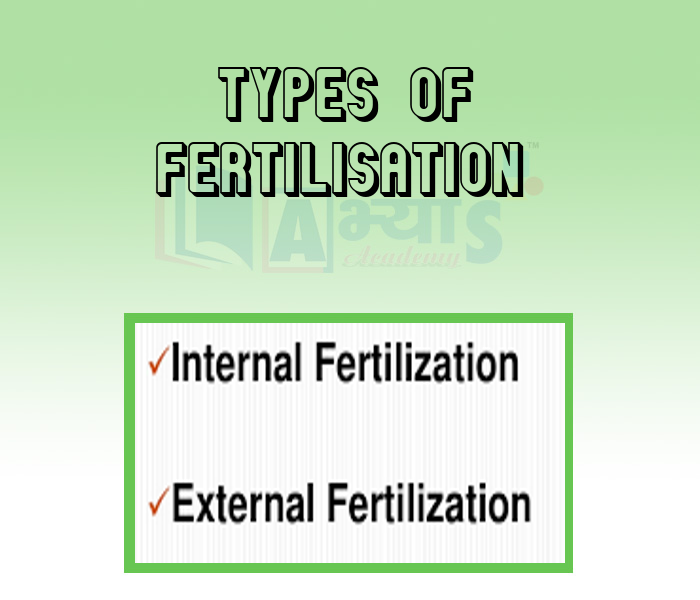
- Difference Between Zygote, Embryo And Fetus
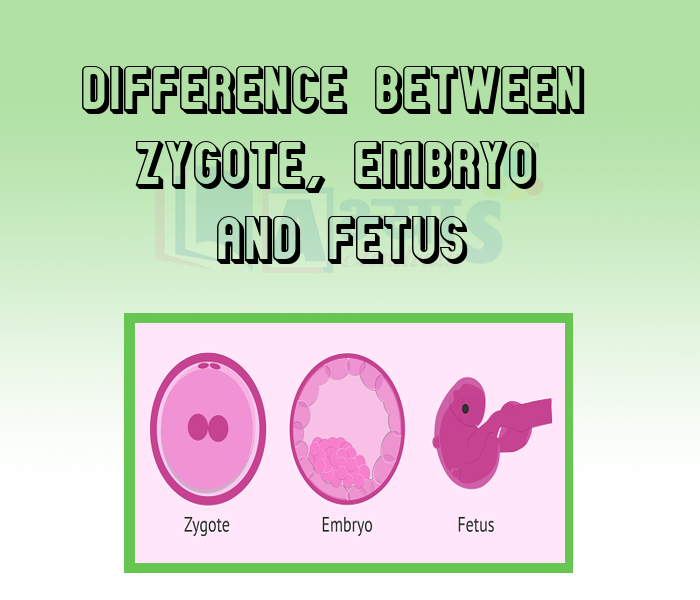
- Reproduction And Its Importance
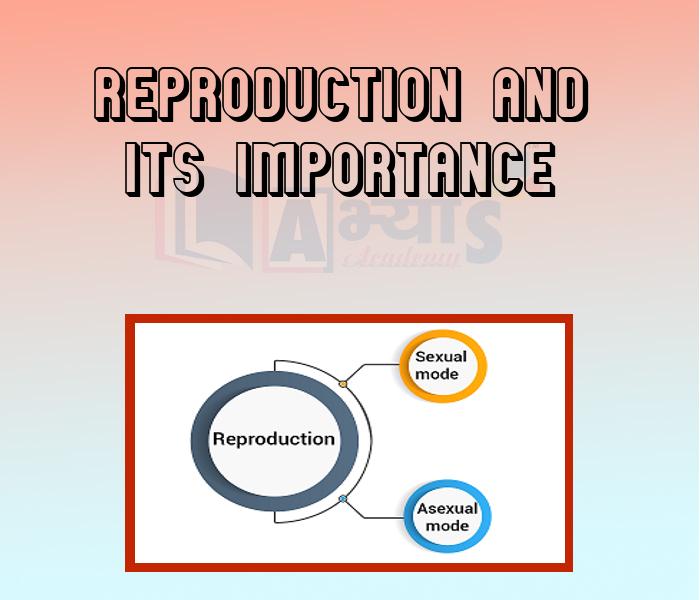
Students / Parents Reviews [10]
A marvelous experience with Abhyas. I am glad to share that my ward has achieved more than enough at the Ambala ABHYAS centre. Years have passed on and more and more he has gained. May the centre flourish and develop day by day by the grace of God.

Archit Segal
7thAbout Abhyas metholodology the teachers are very nice and hardworking toward students.The Centre Head Mrs Anu Sethi is also a brilliant teacher.Abhyas has taught me how to overcome problems and has always taken my doubts and suppoeted me.

Shreya Shrivastava
8thIt was a good experience with Abhyas Academy. I even faced problems in starting but slowly and steadily overcomed. Especially reasoning classes helped me a lot.

Cheshta
10thAbhyas Methodology is very good. It is based on according to student and each child manages accordingly to its properly. Methodology has improved the abilities of students to shine them in future.

Manish Kumar
10thIt was good as the experience because as we had come here we had been improved in a such envirnment created here.Extra is taught which is beneficial for future.

Eshan Arora
8thAbhyas is a complete education Institute. Here extreme care is taken by teacher with the help of regular exam. Extra classes also conducted by the institute, if the student is weak.

Om Umang
10thI have spent a wonderful time in Abhyas academy. It has made my reasoning more apt, English more stronger and Maths an interesting subject for me. It has given me a habbit of self studying

Yatharthi Sharma
10thMy experience with Abhyas academy is very good. I did not think that my every subject coming here will be so strong. The main thing is that the online tests had made me learn here more things.

Hiya Gupta
8thIt has a great methodology. Students here can get analysis to their test quickly.We can learn easily through PPTs and the testing methods are good. We know that where we have to practice

Barkha Arora
10thOne of the best institutes to develope a child interest in studies.Provides SST and English knowledge also unlike other institutes. Teachers are co operative and friendly online tests andPPT develope practical knowledge also.

